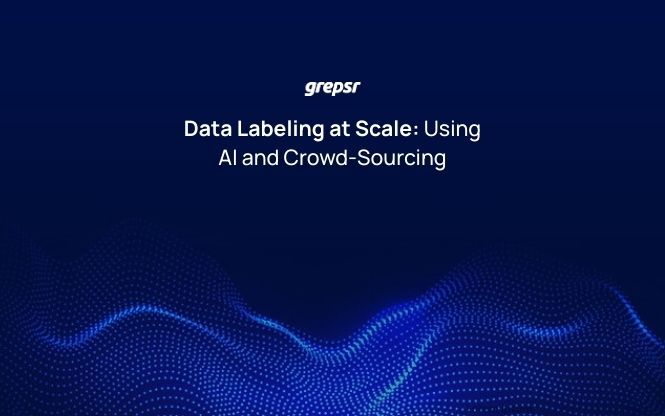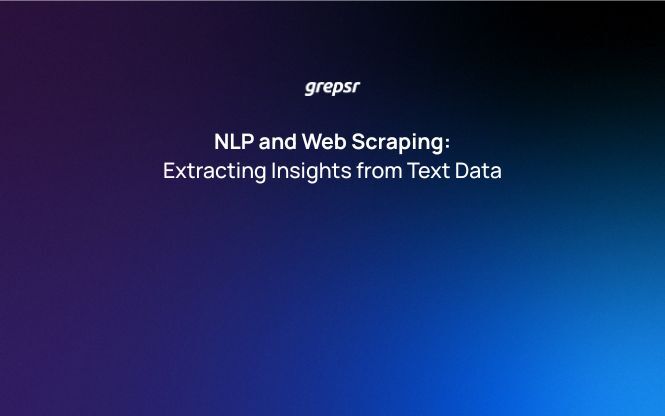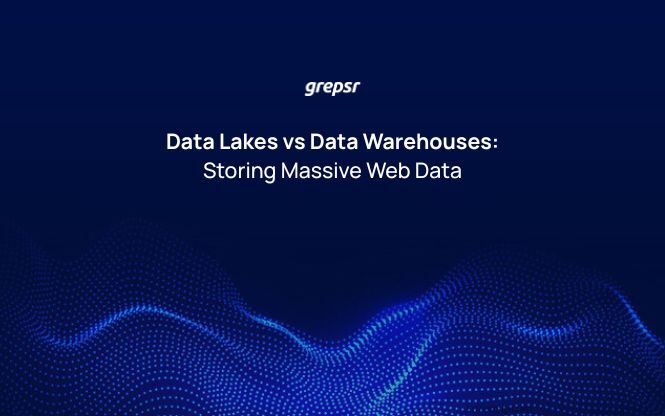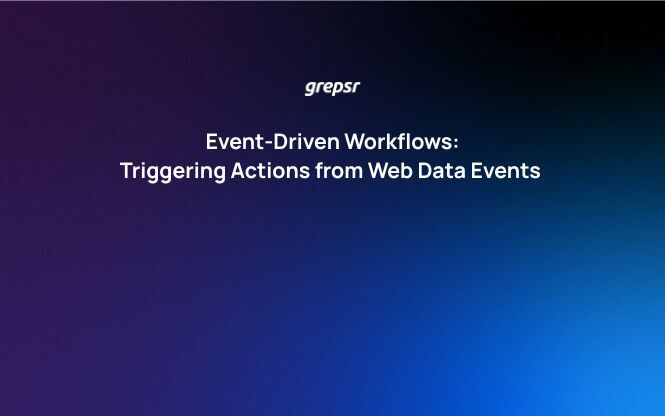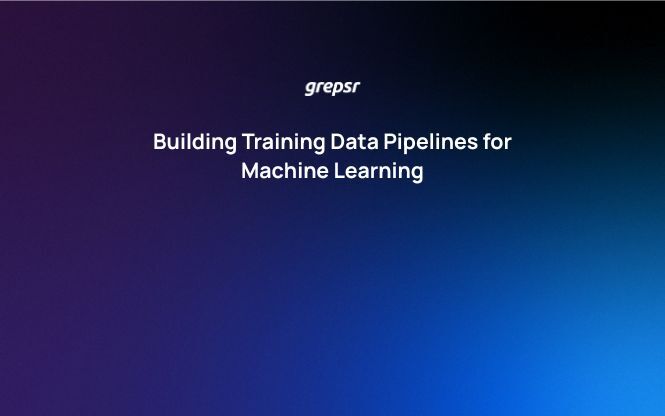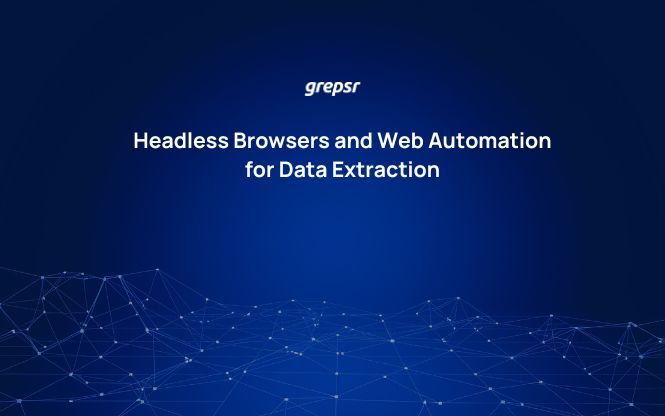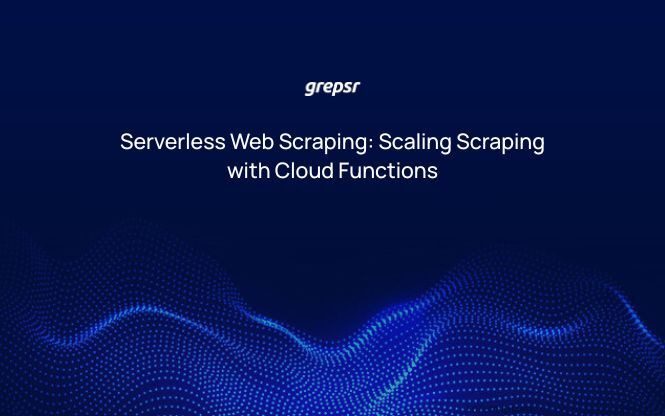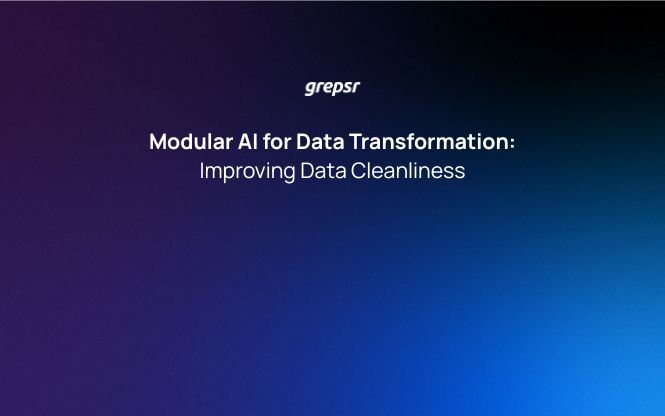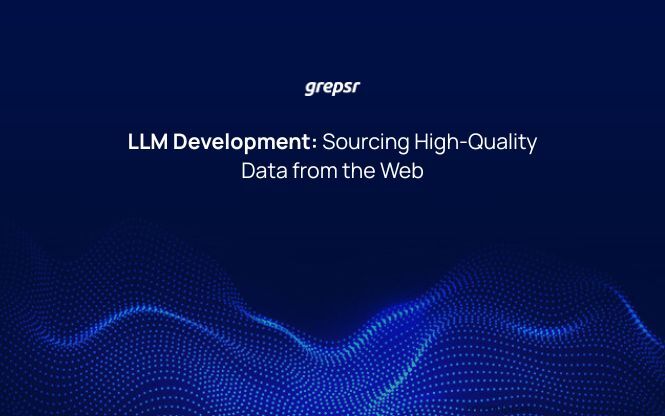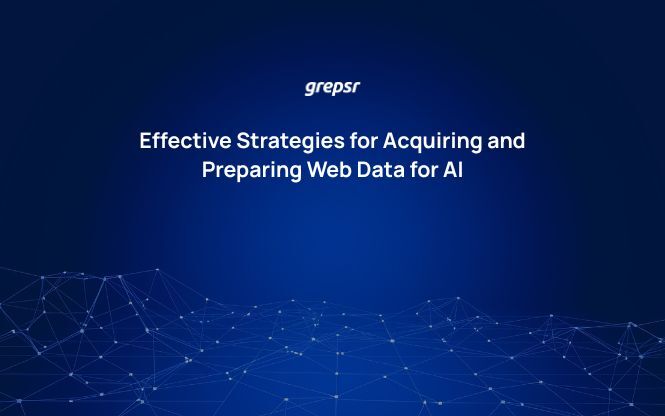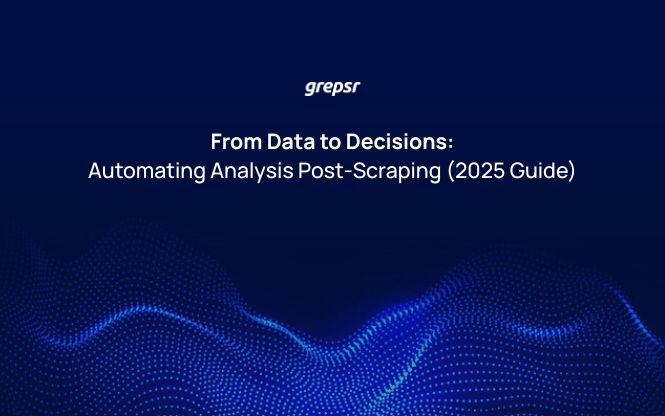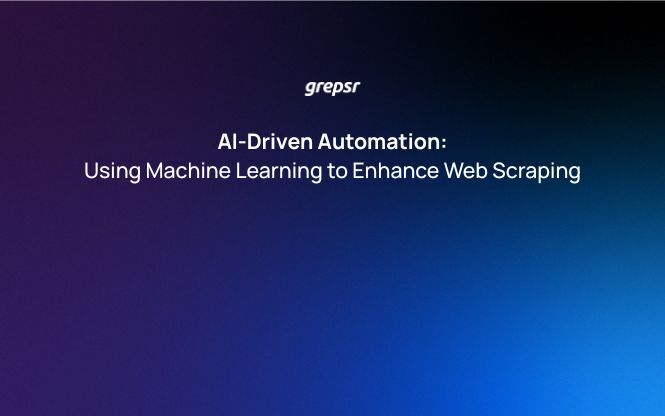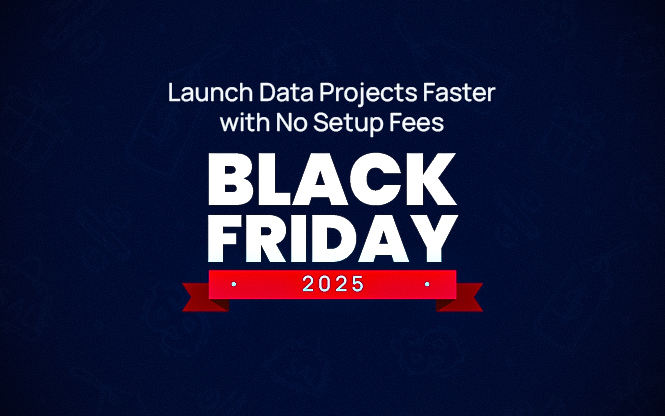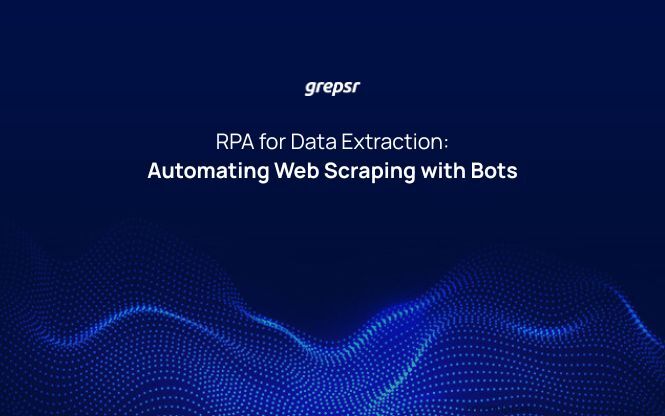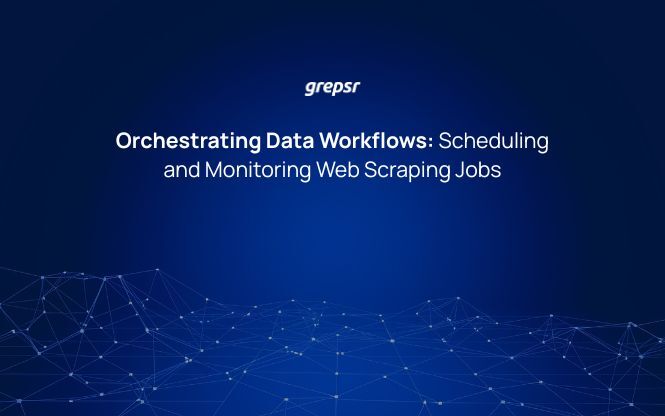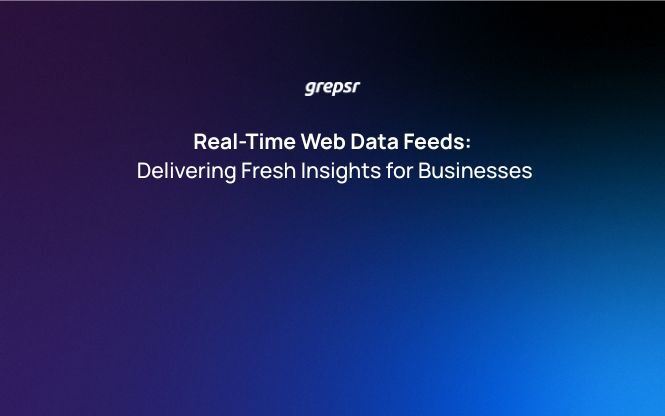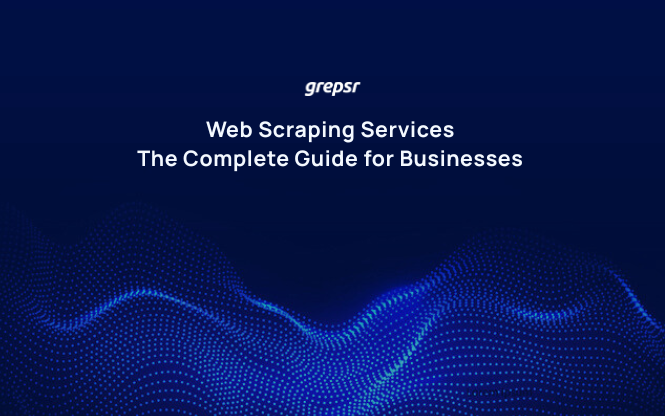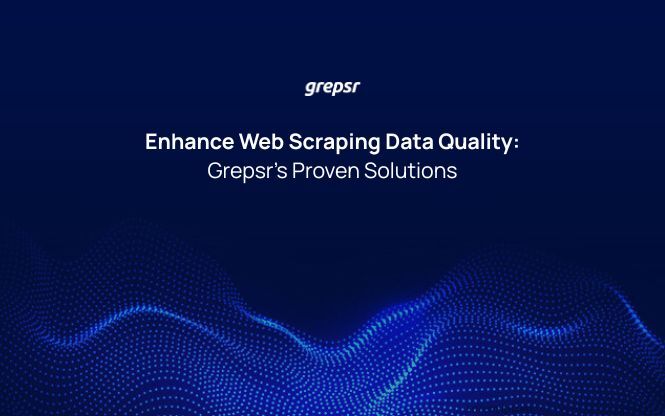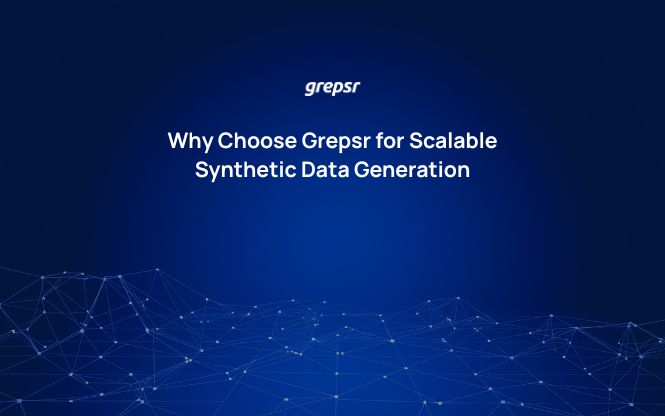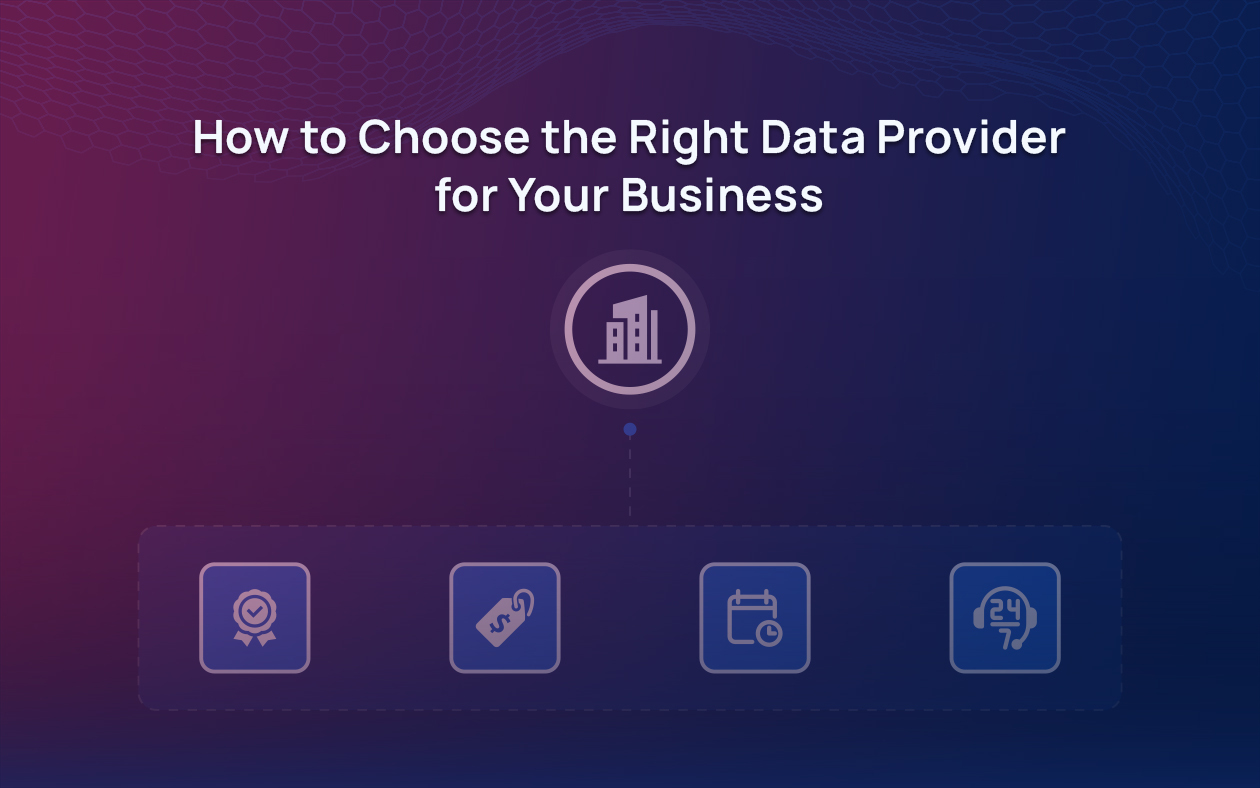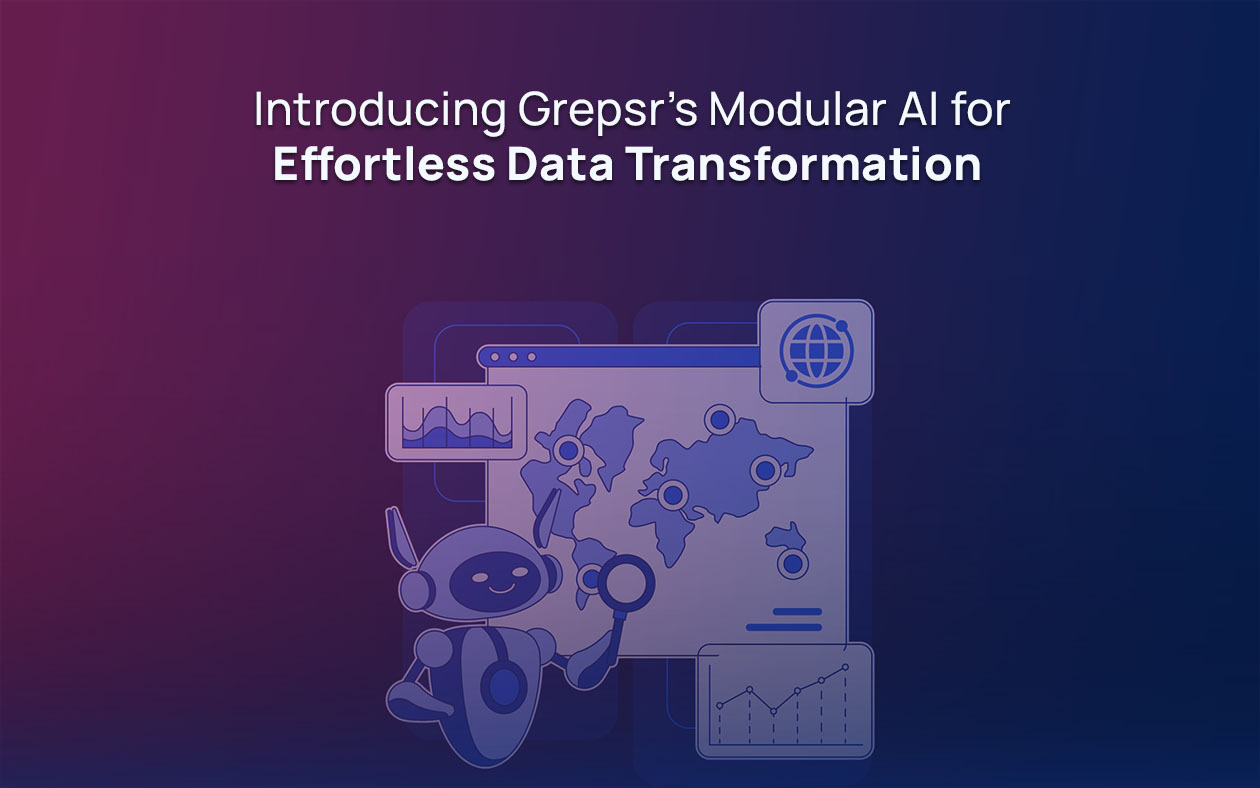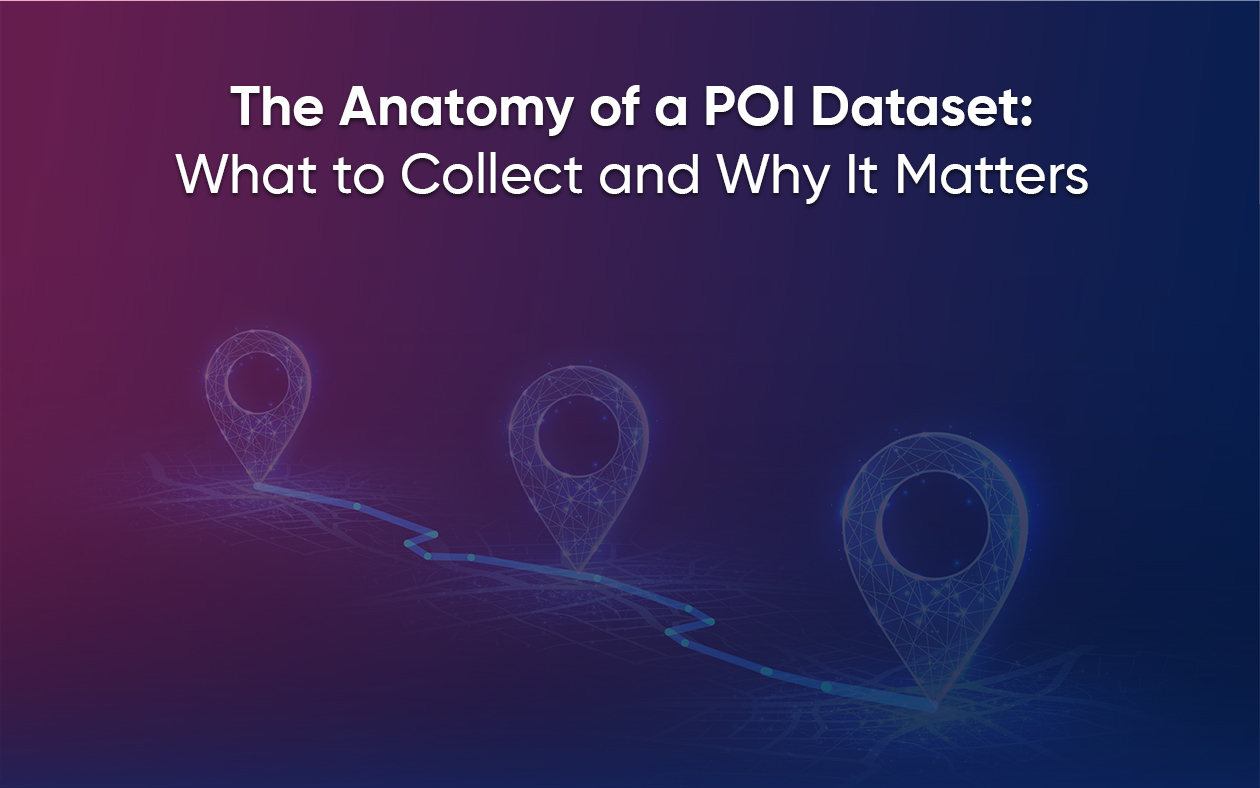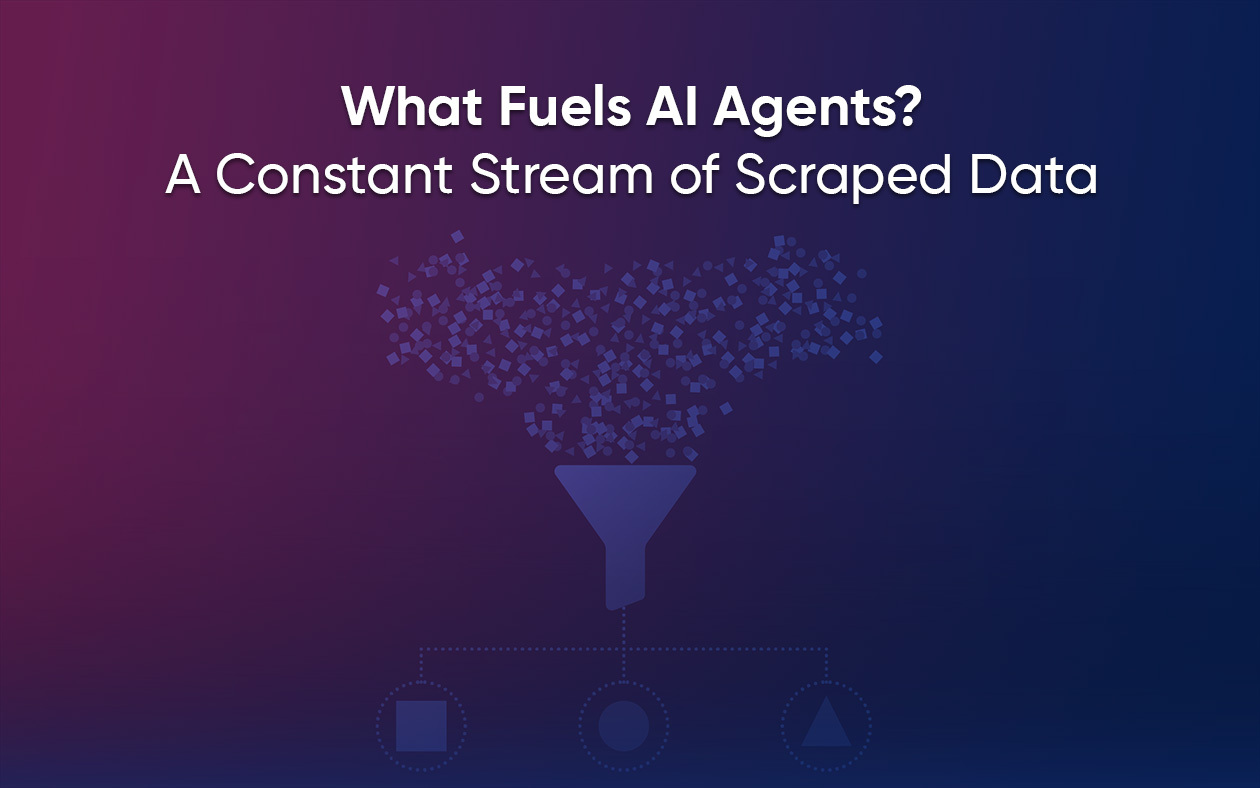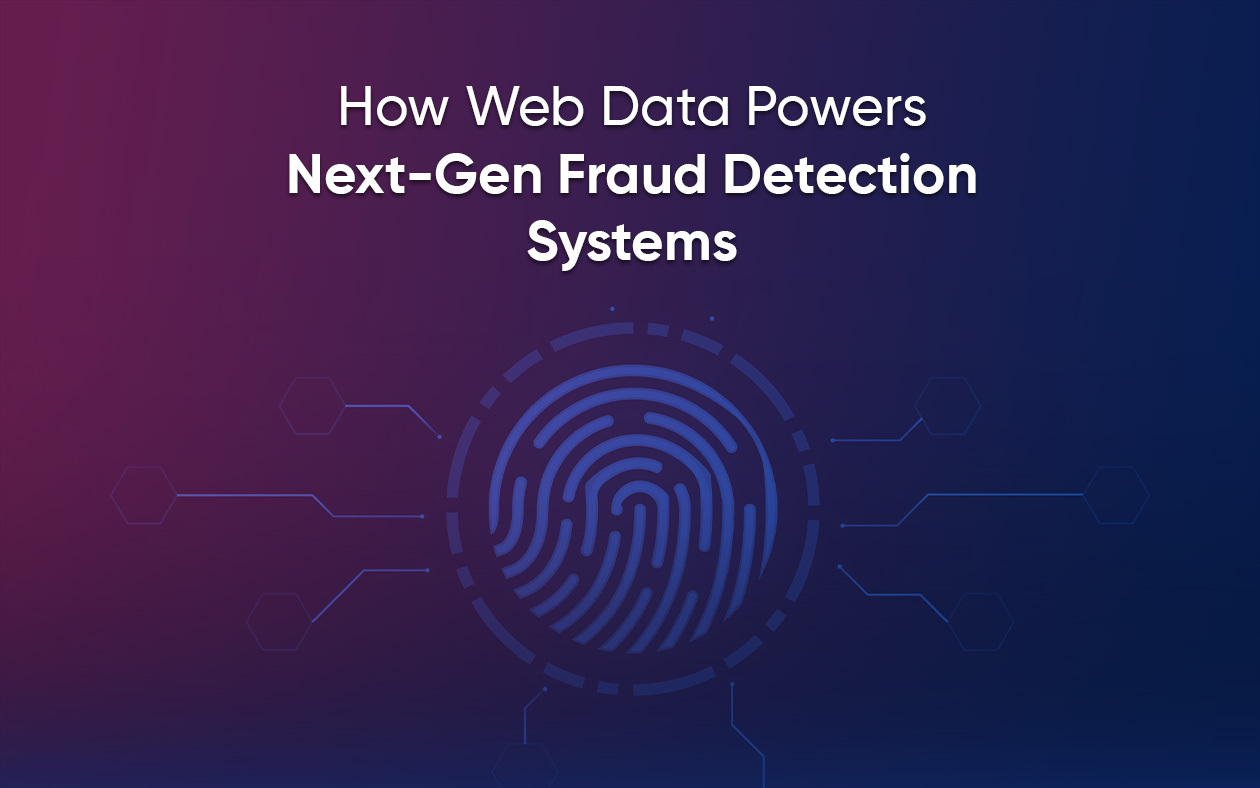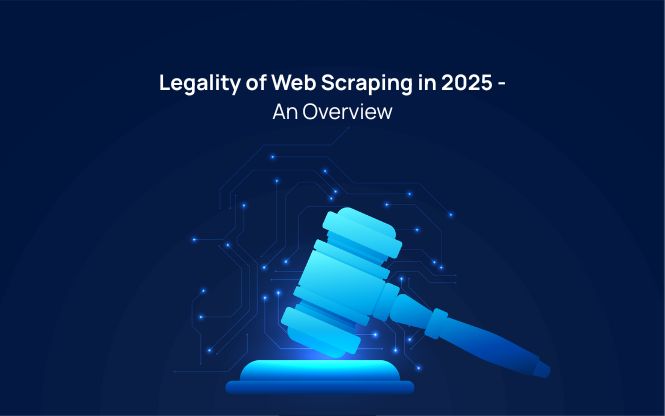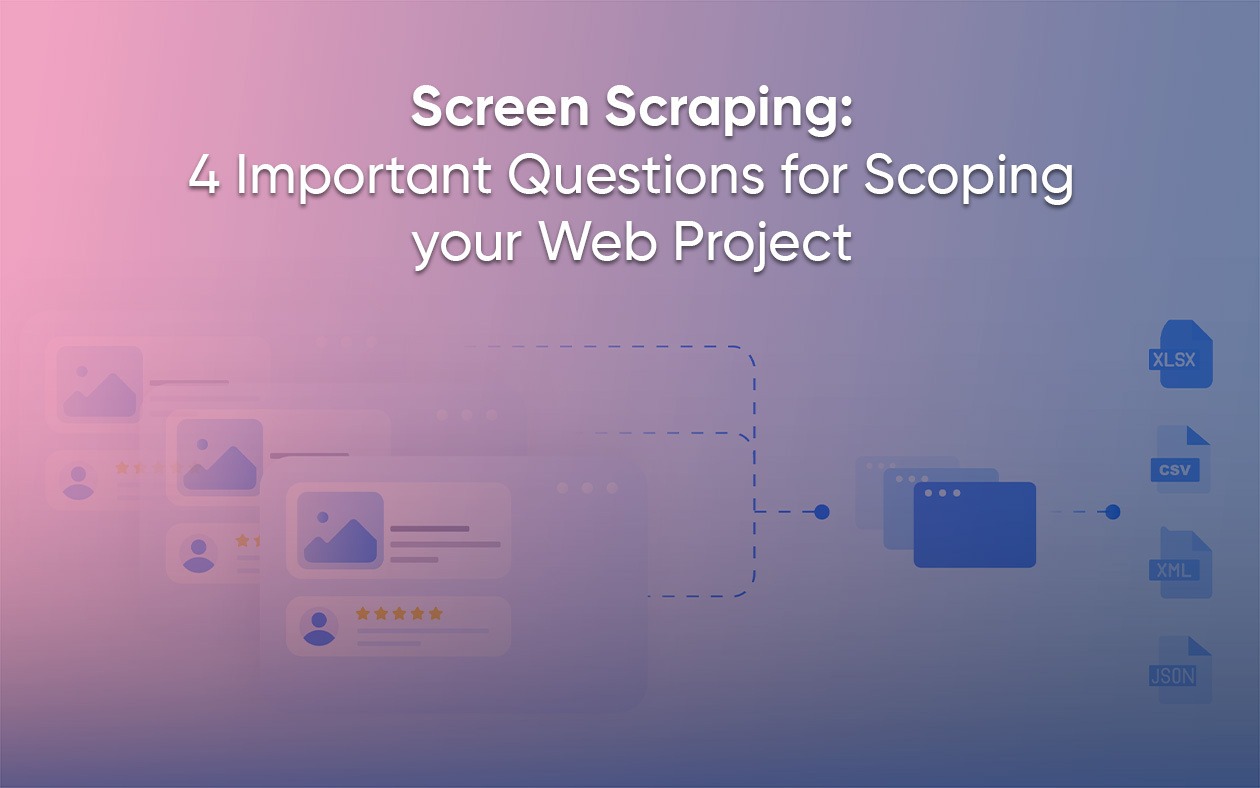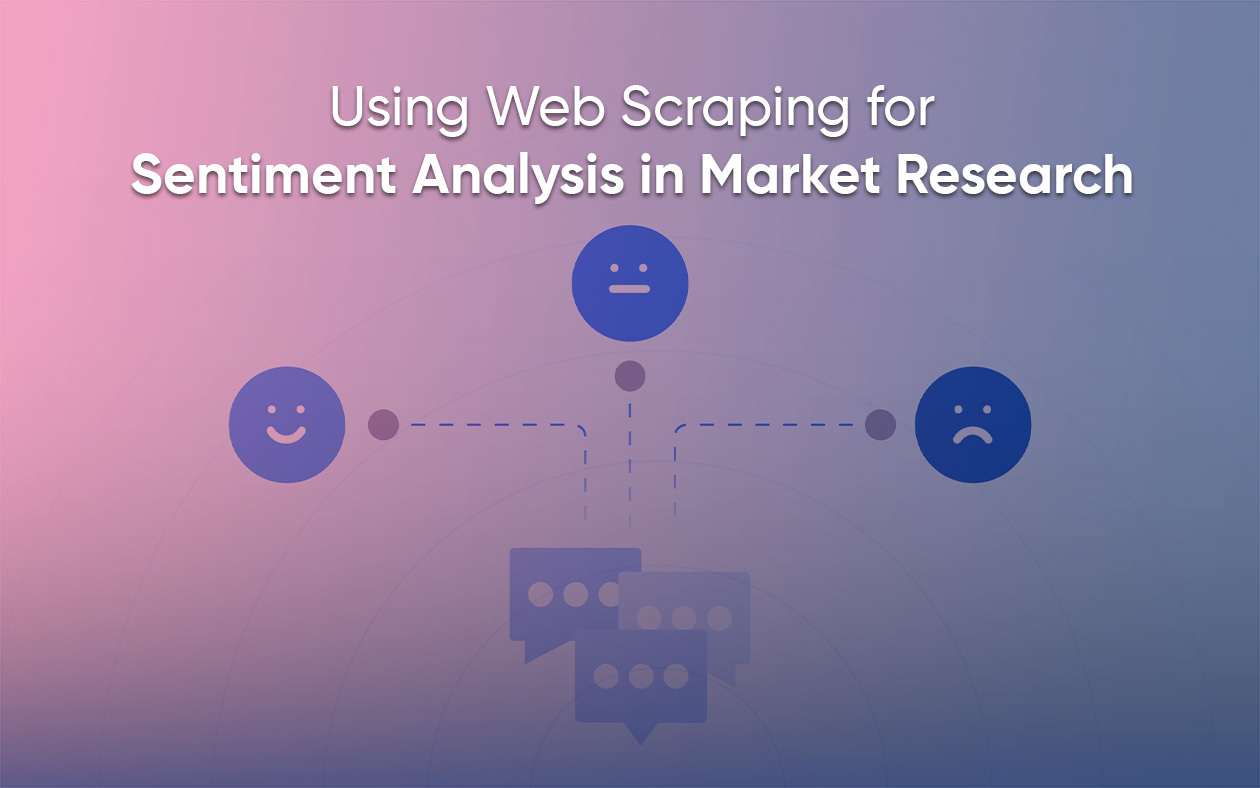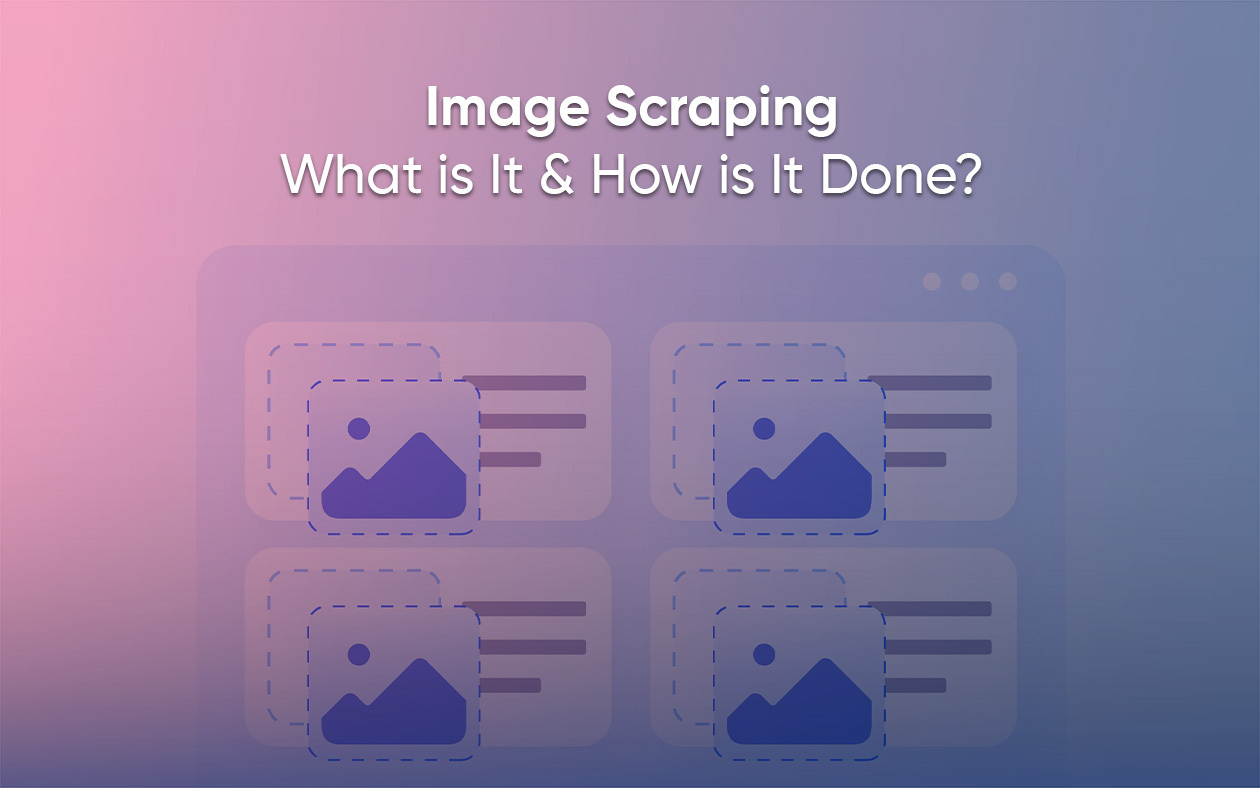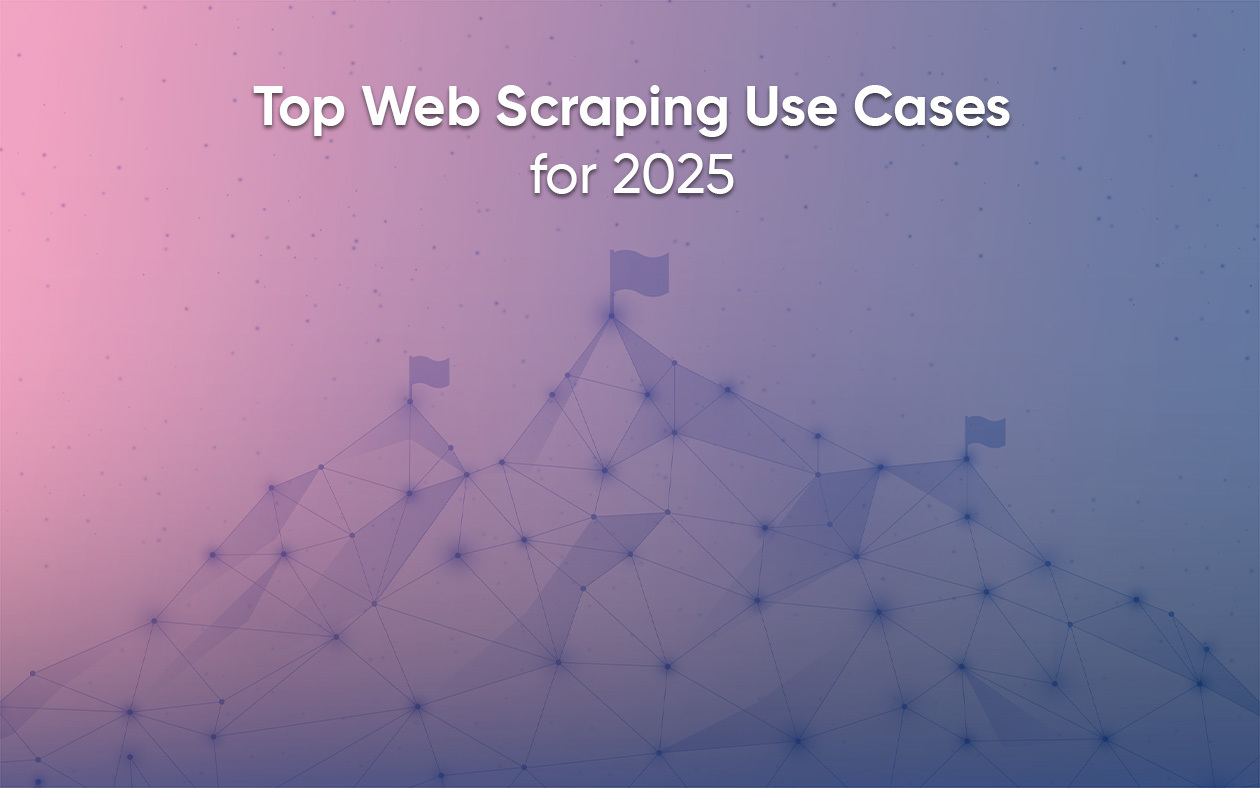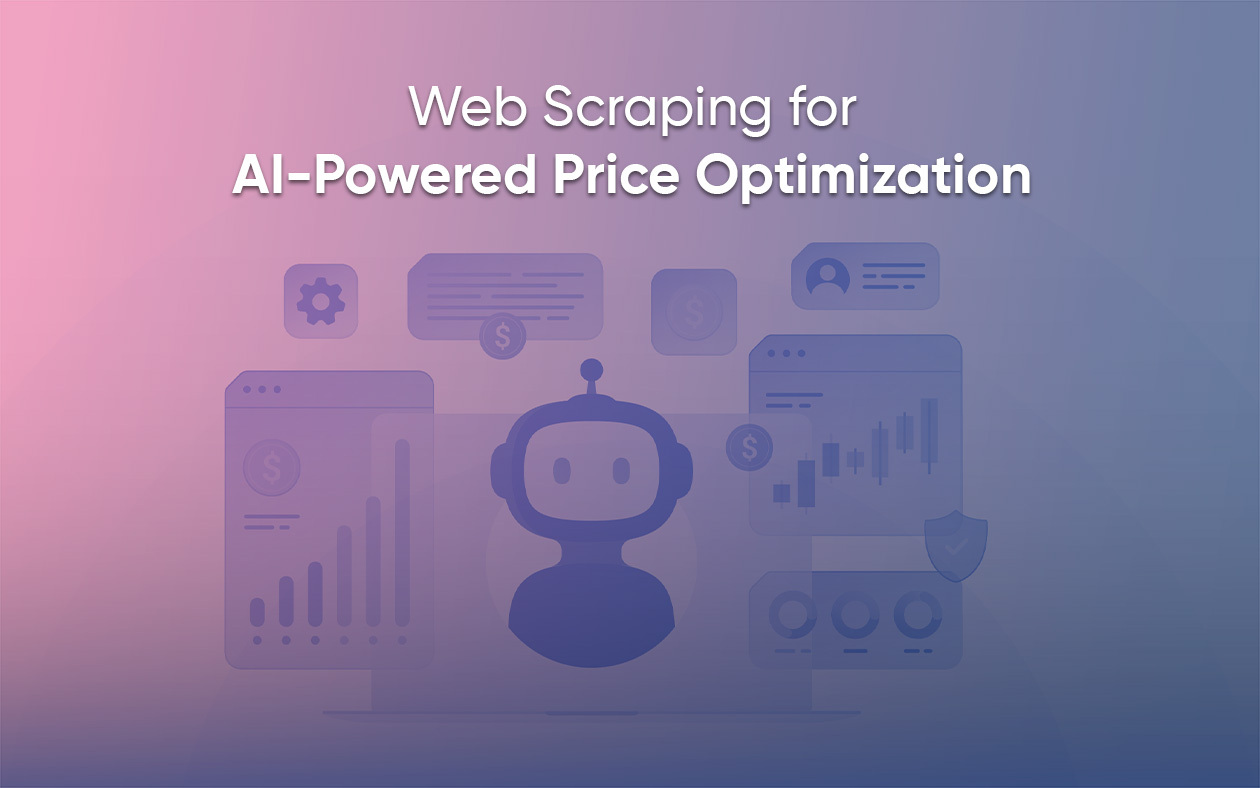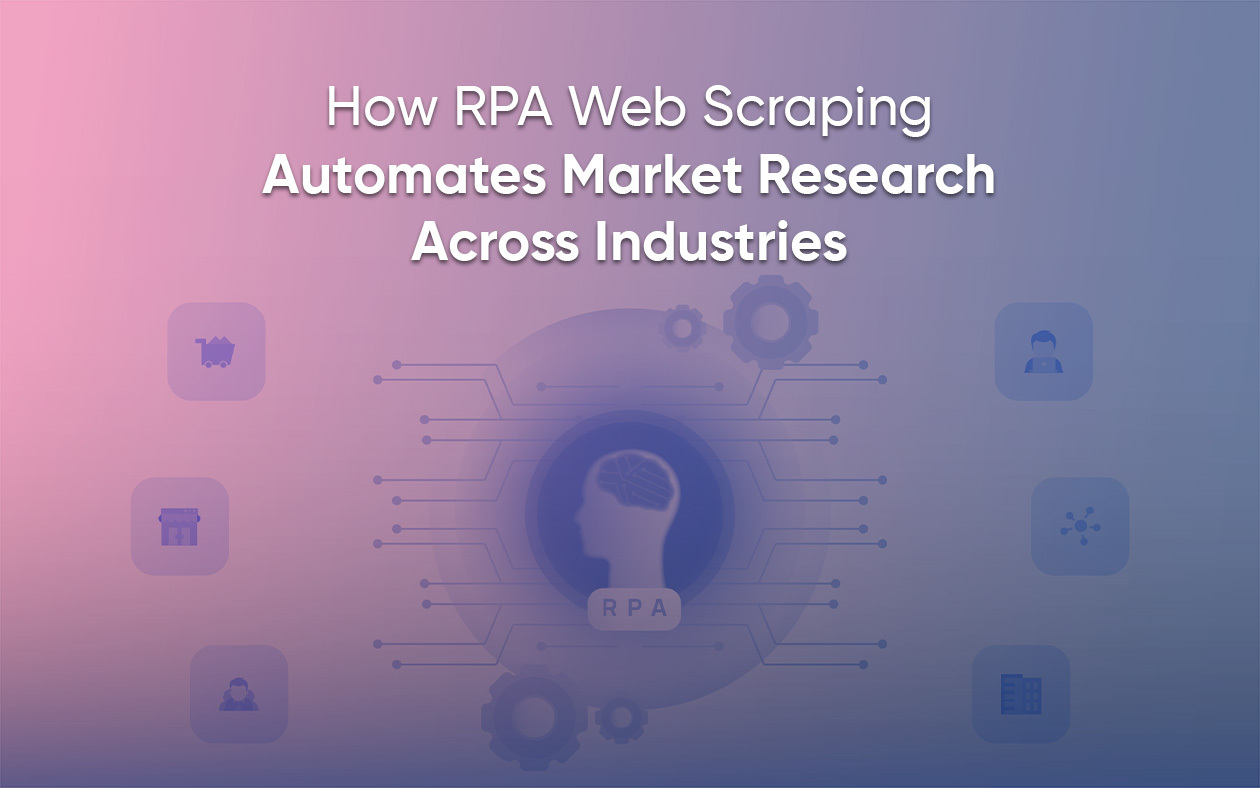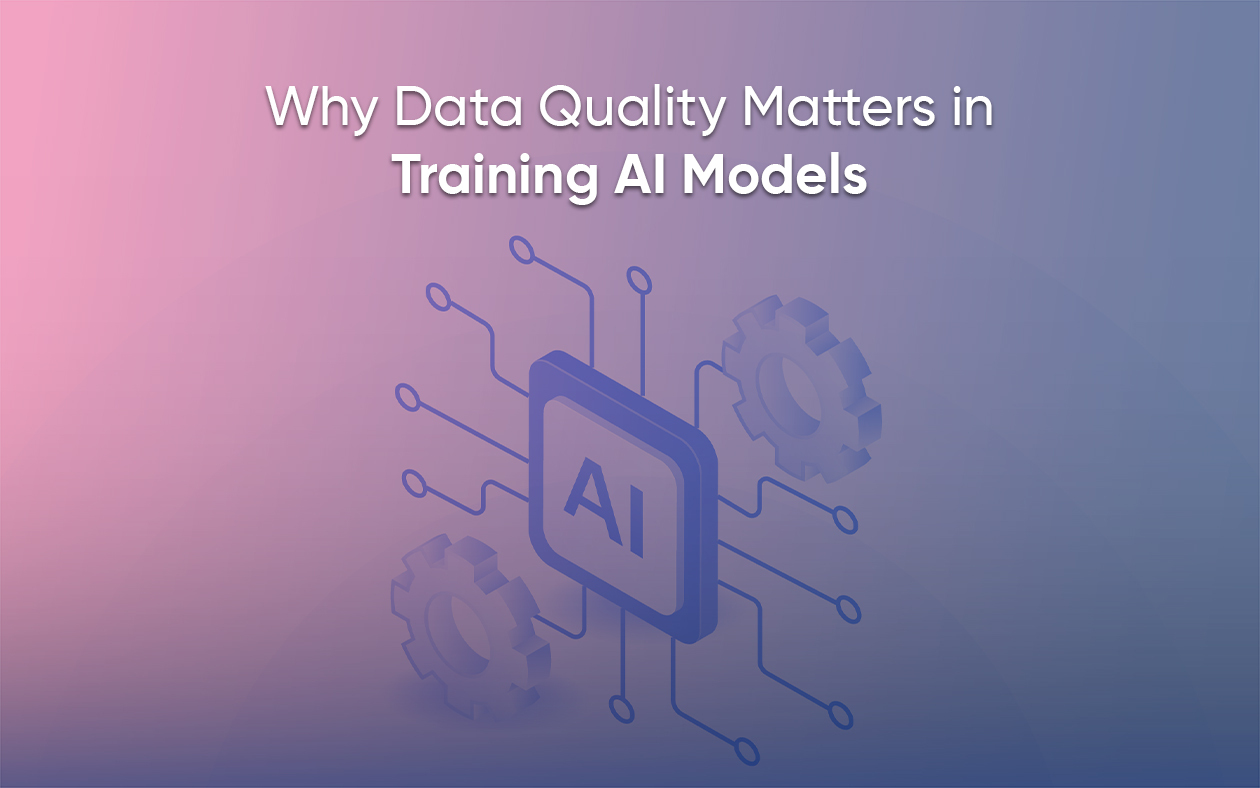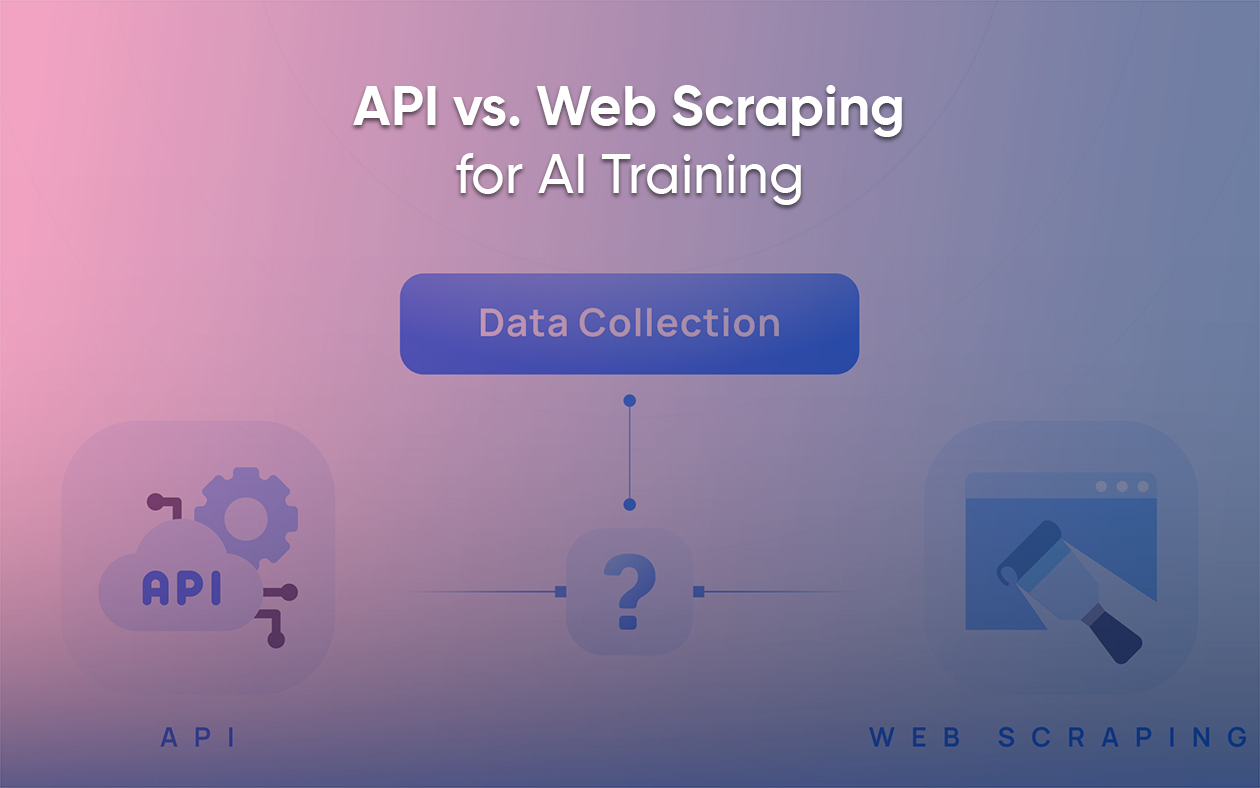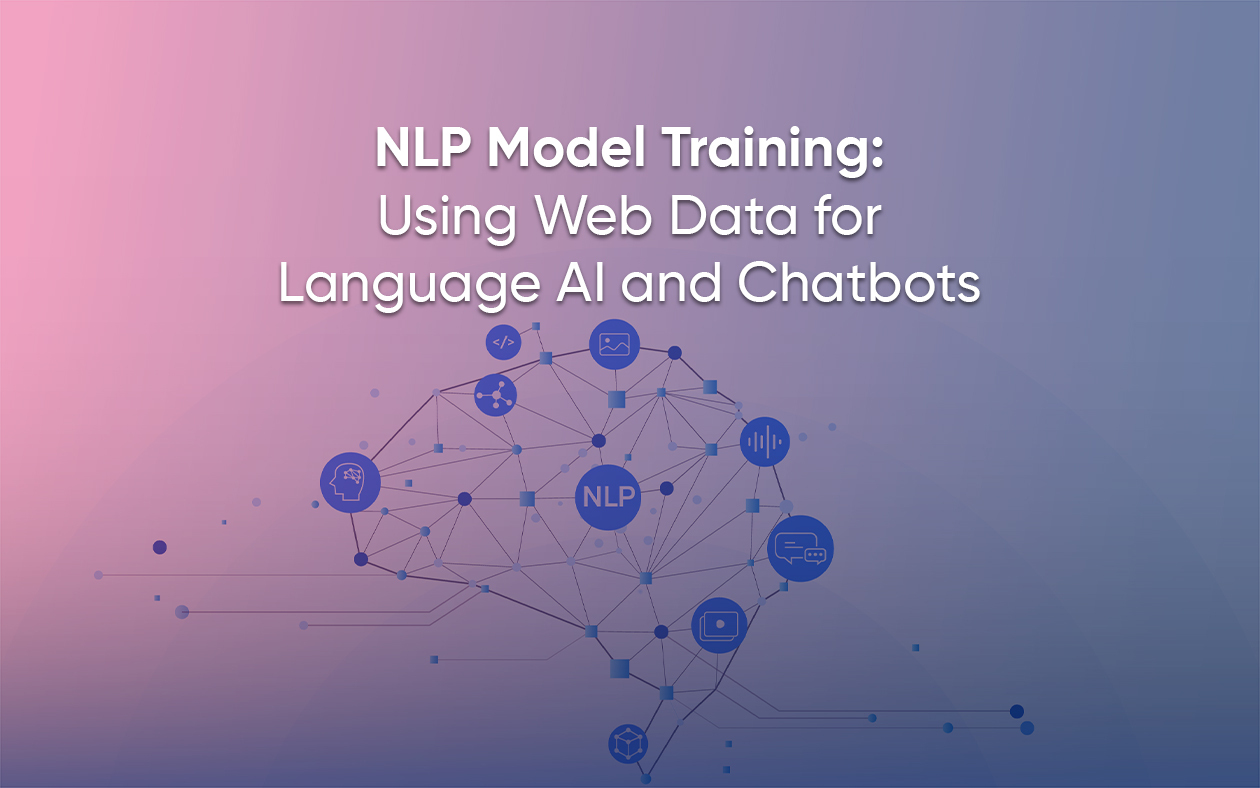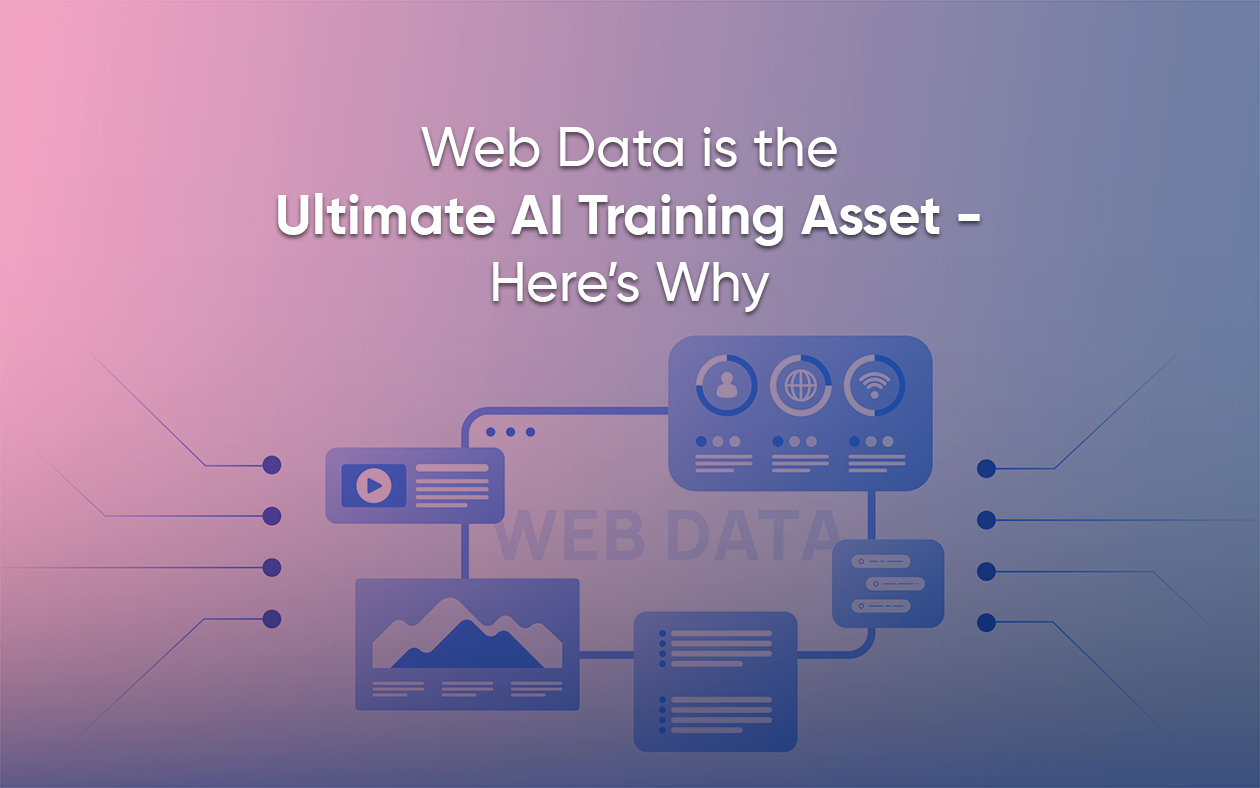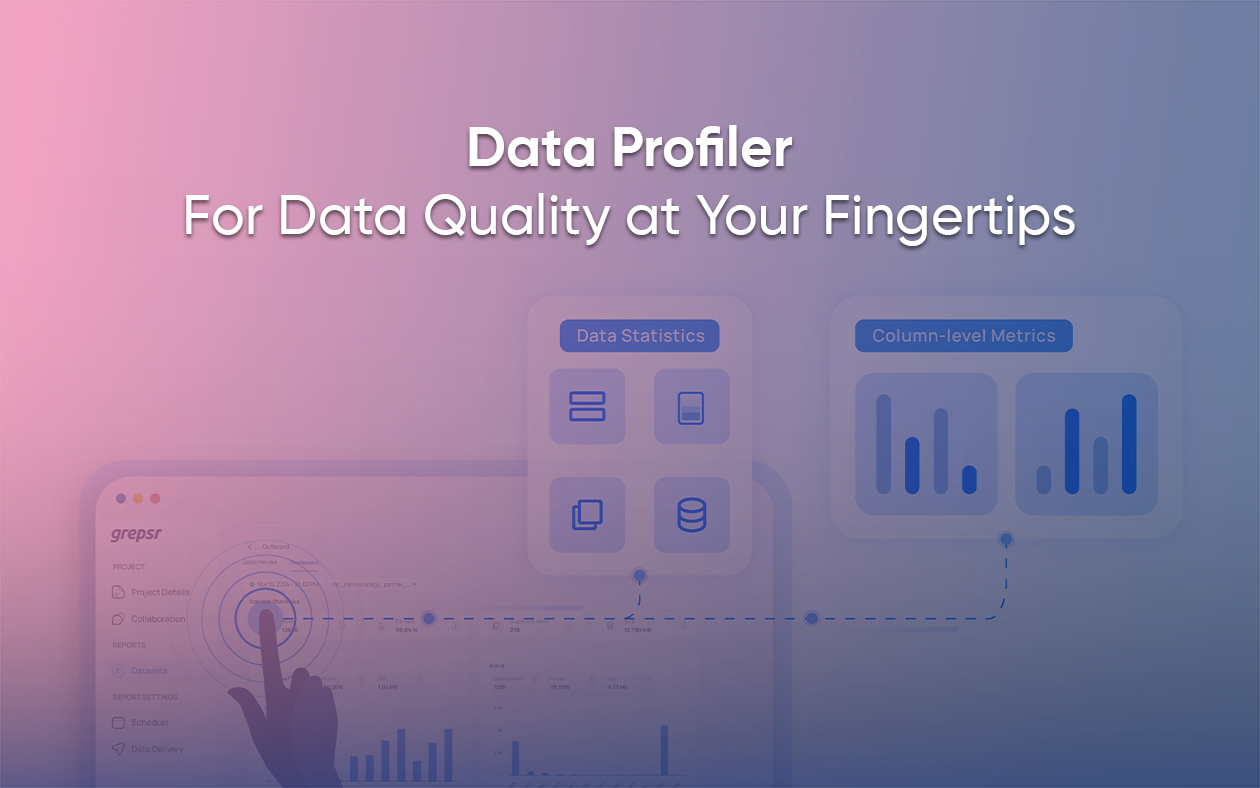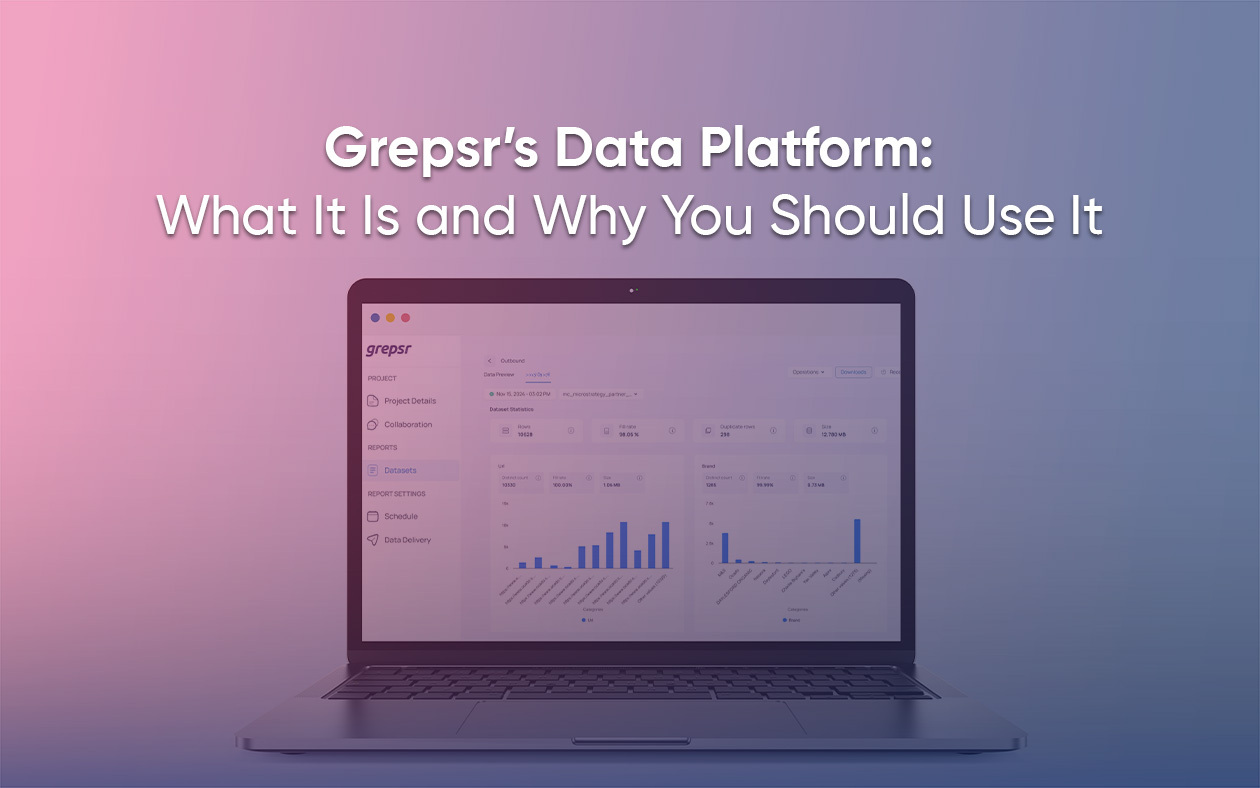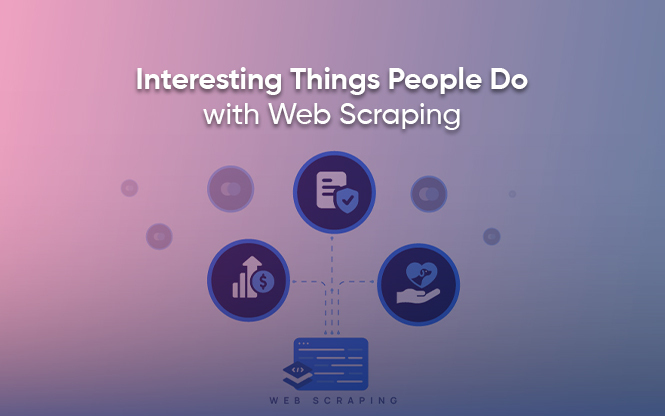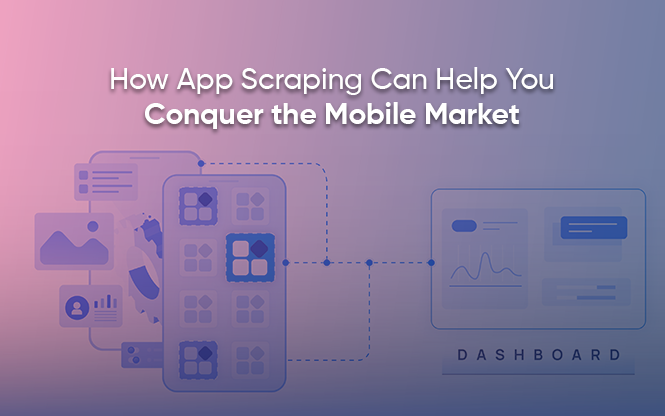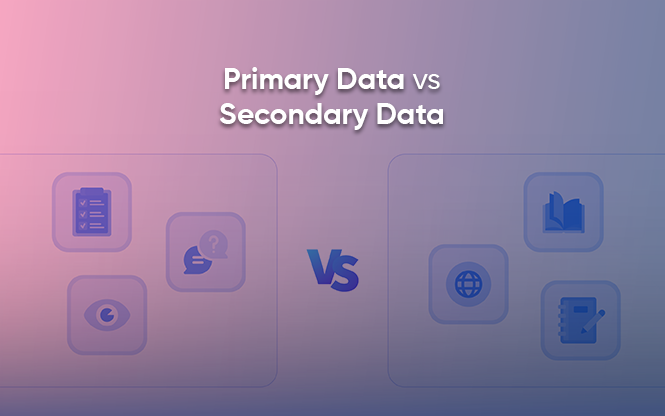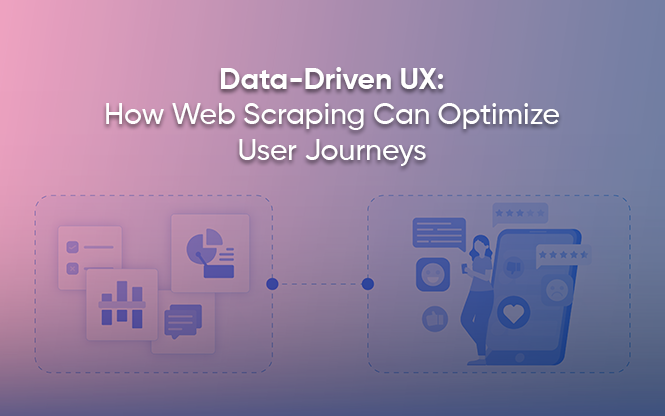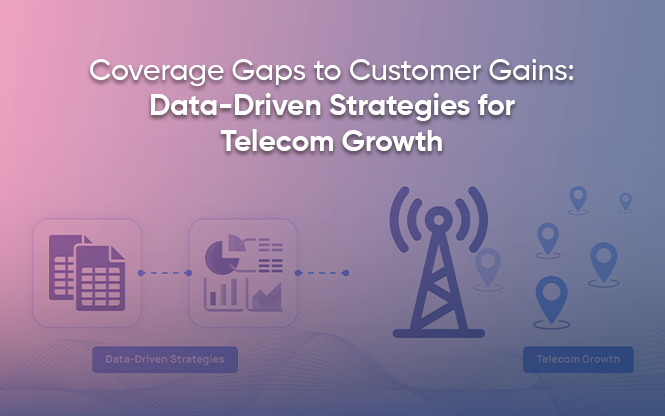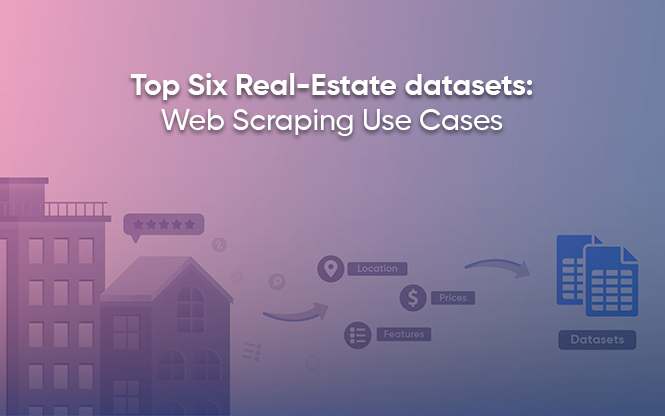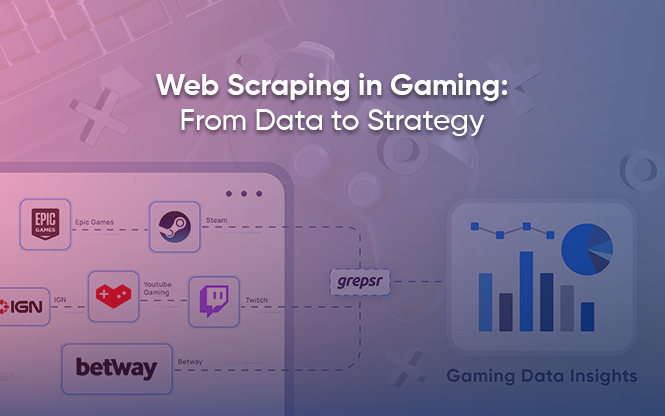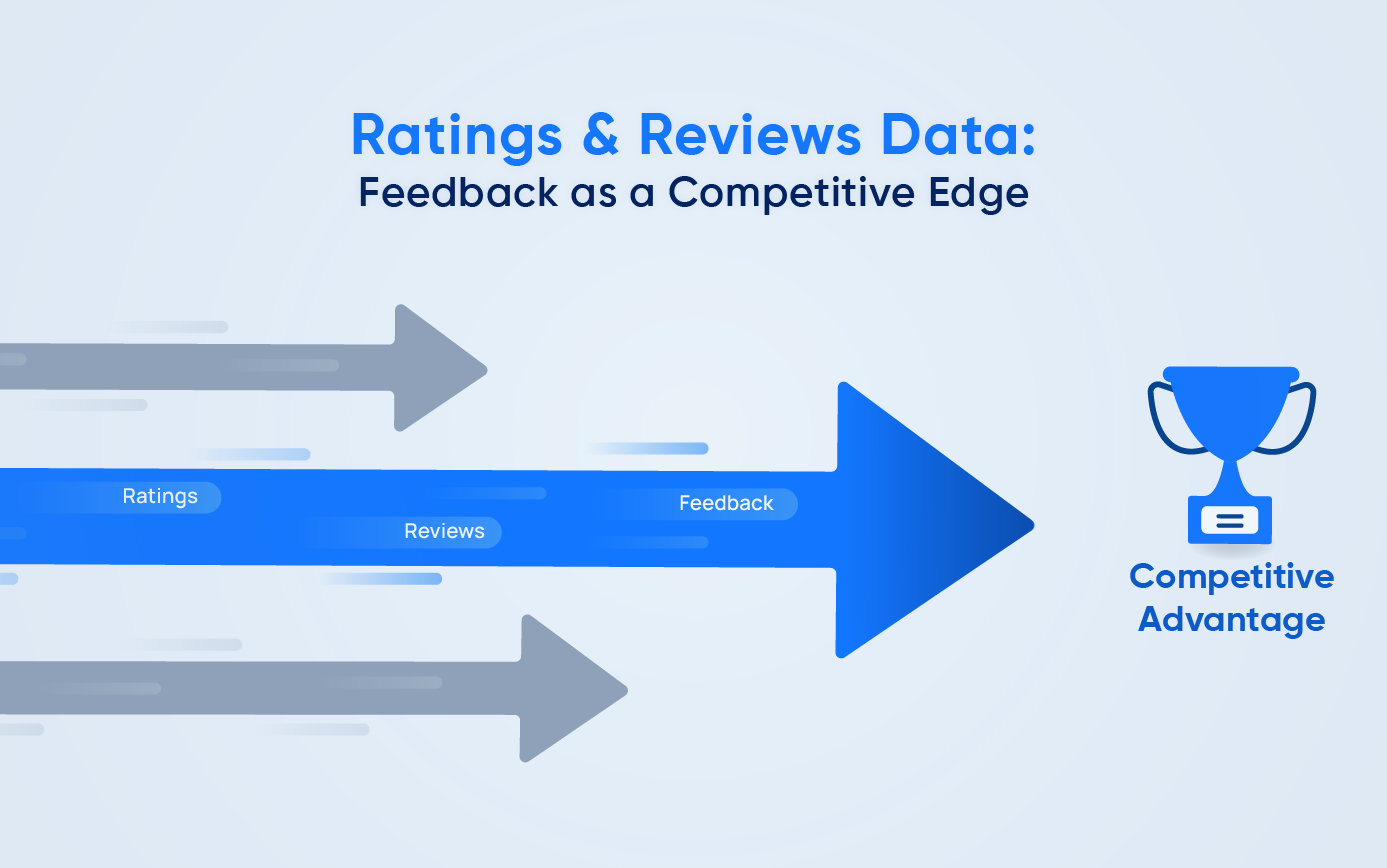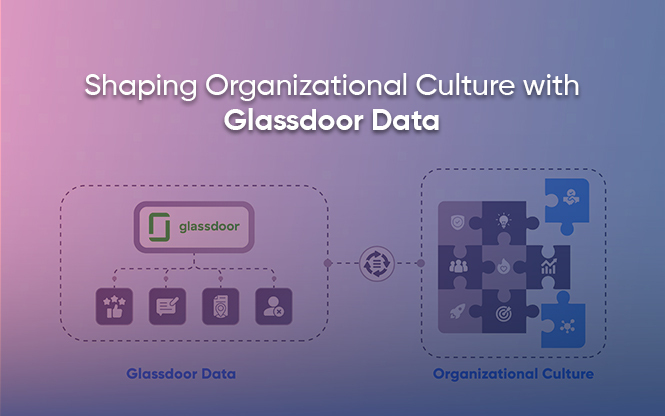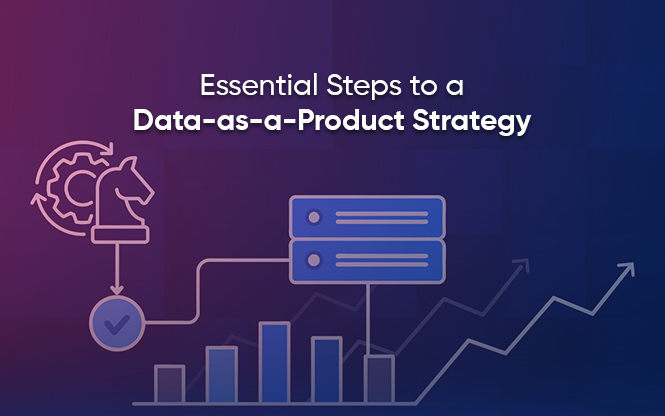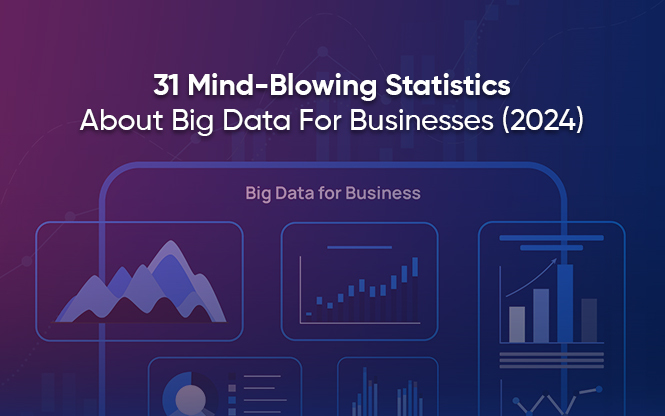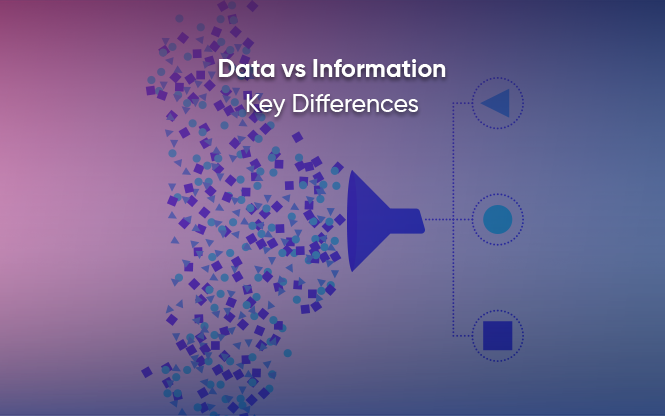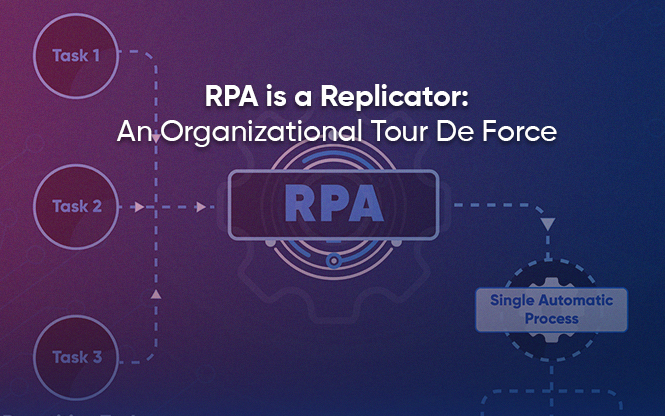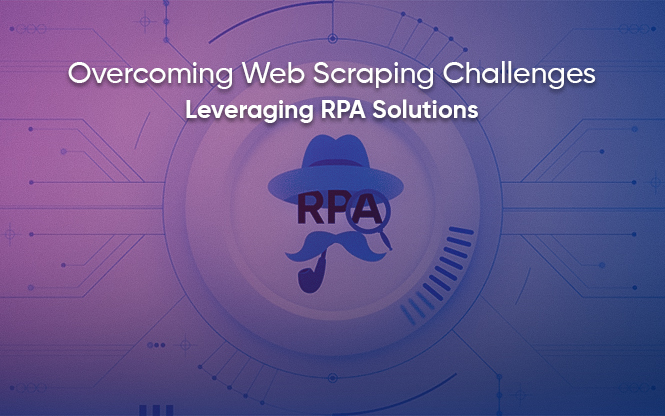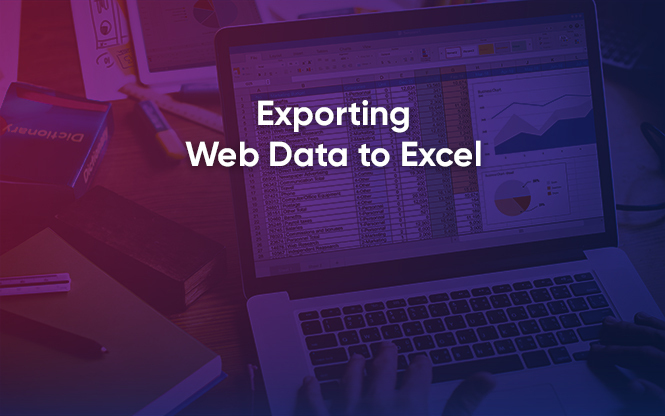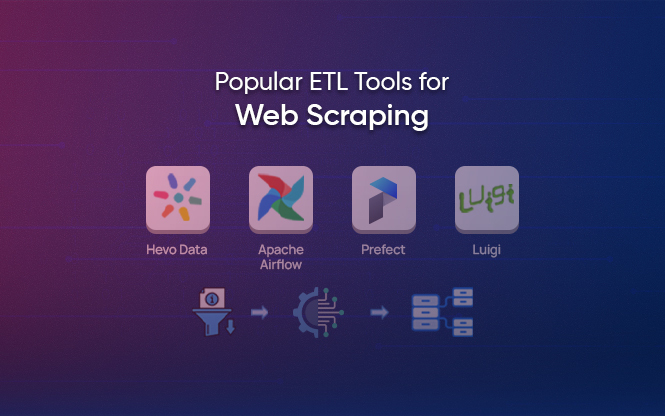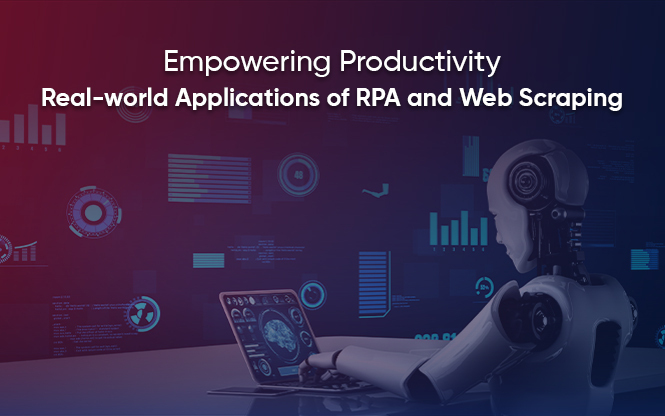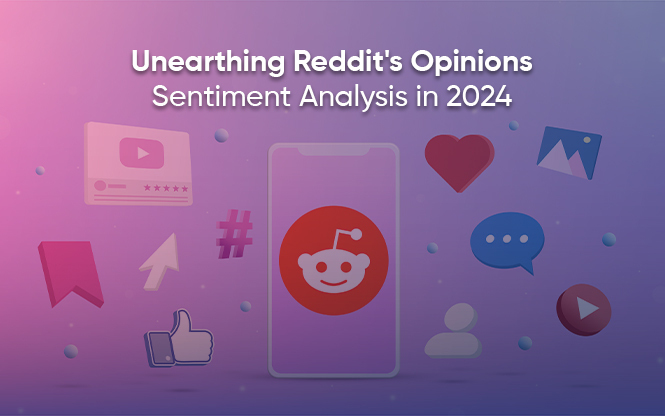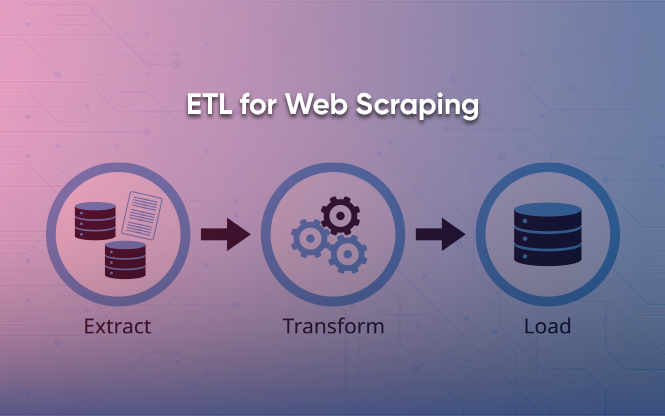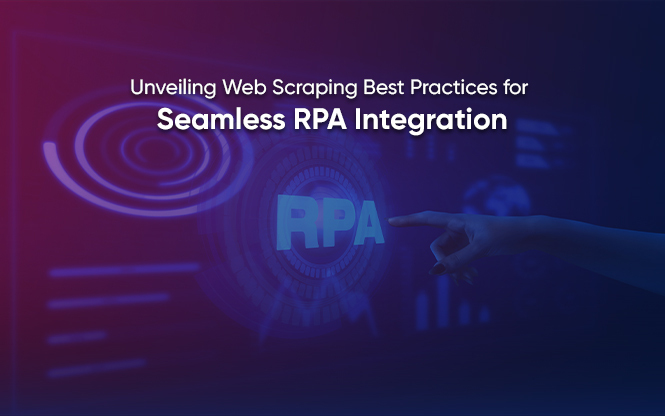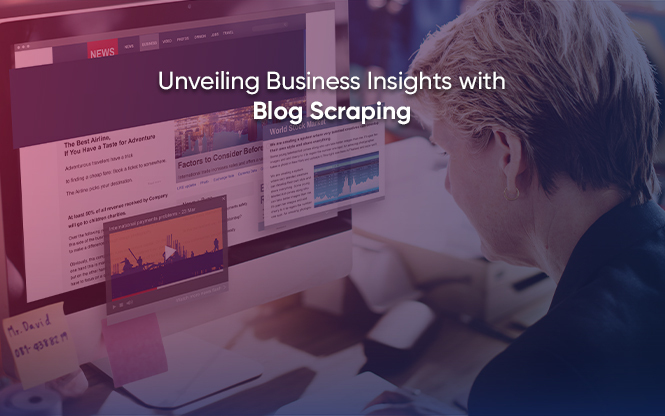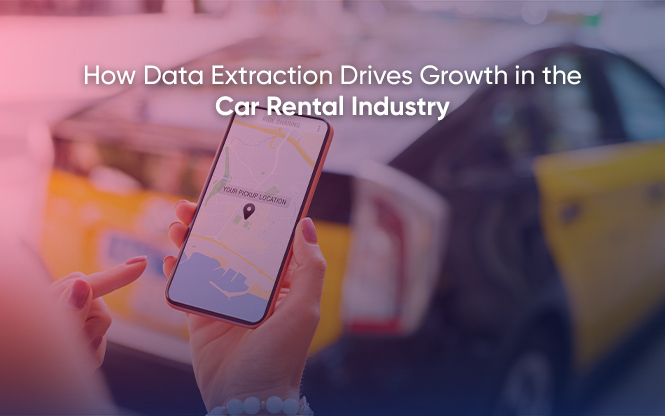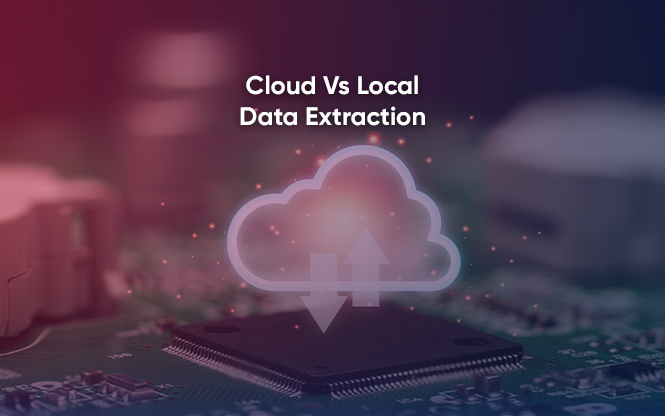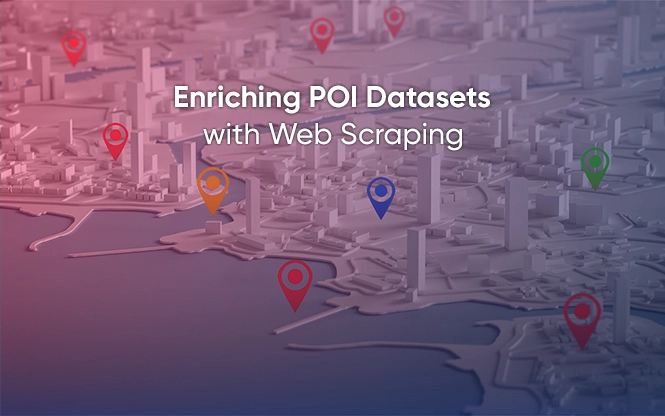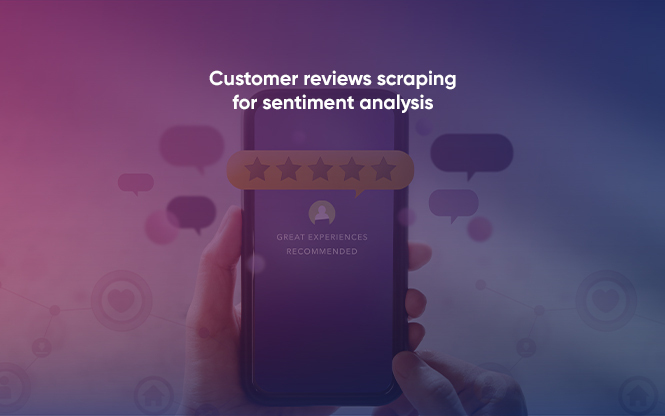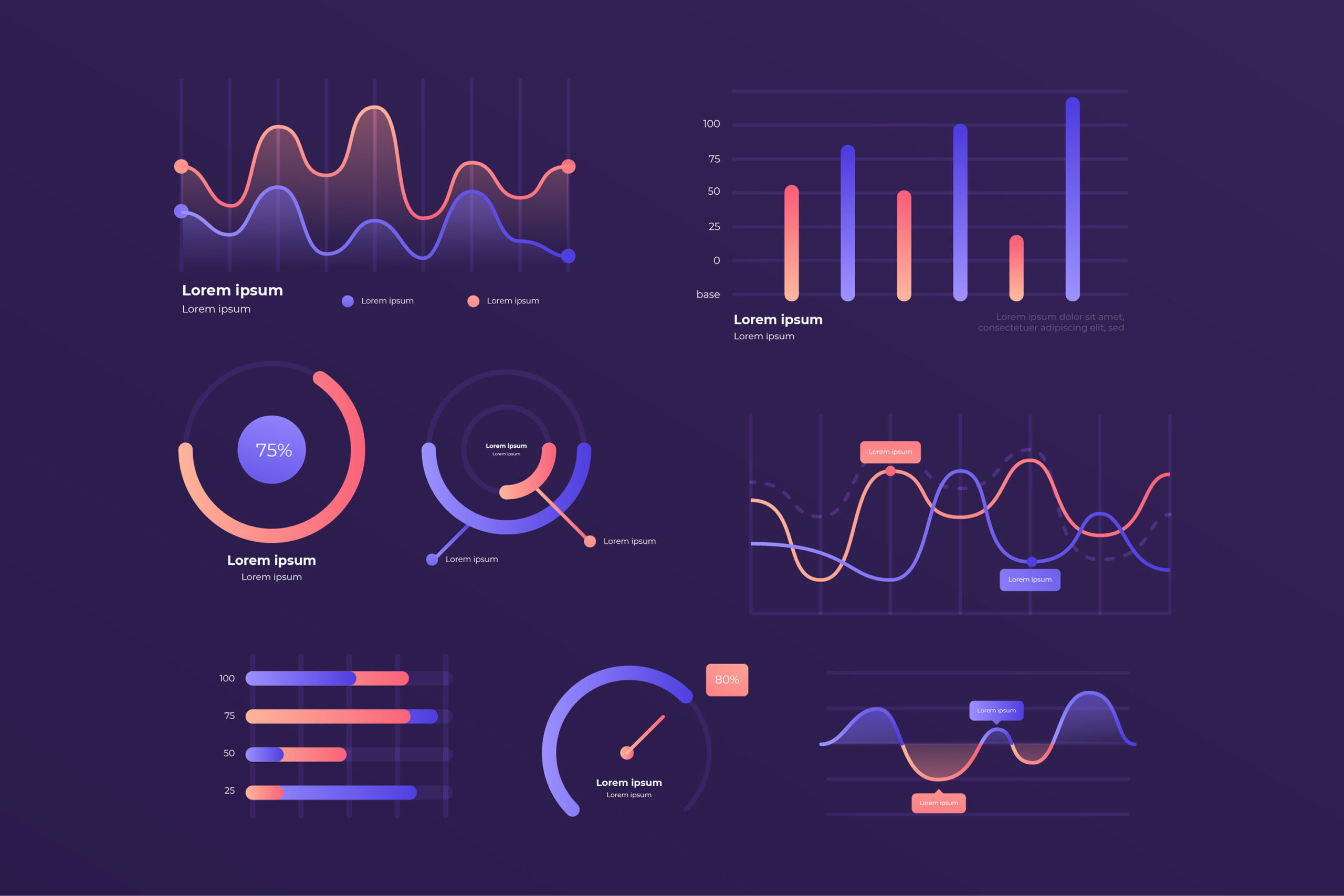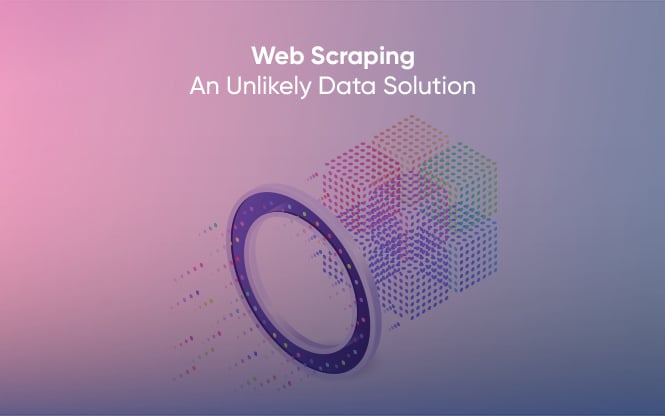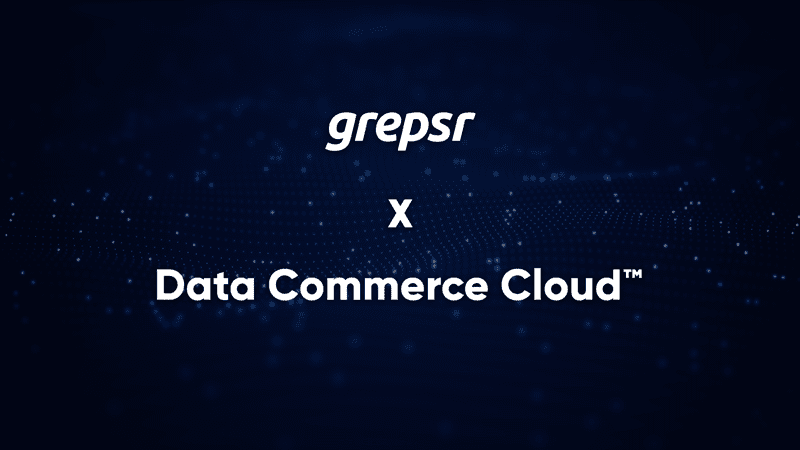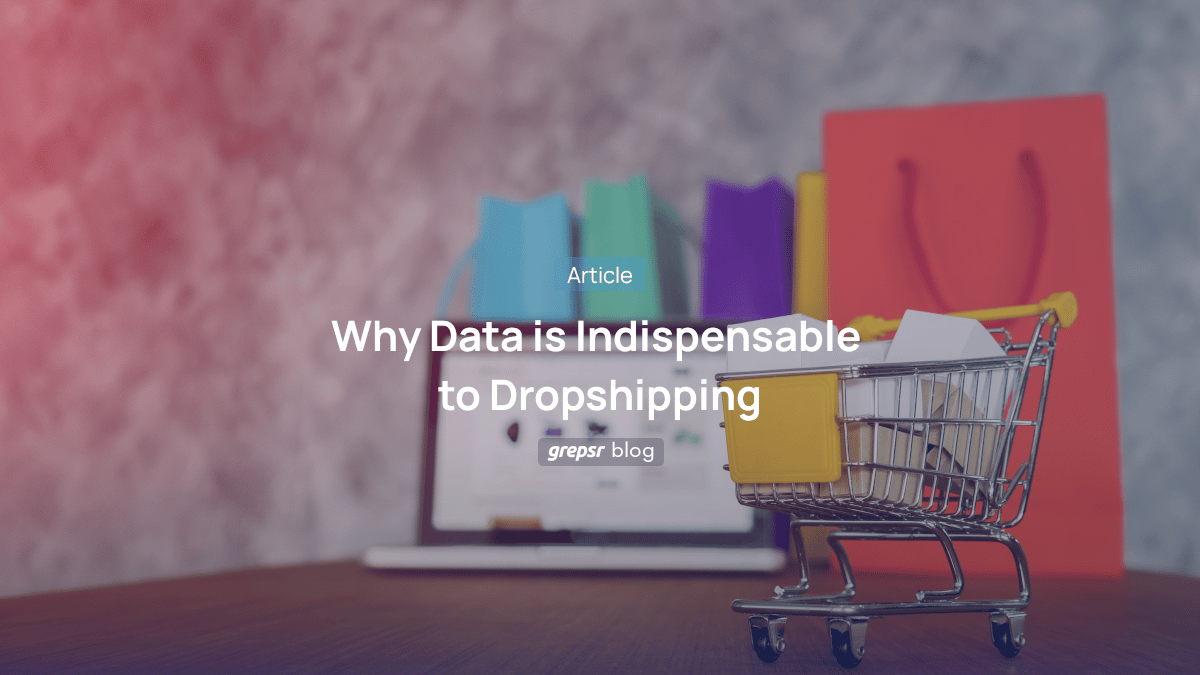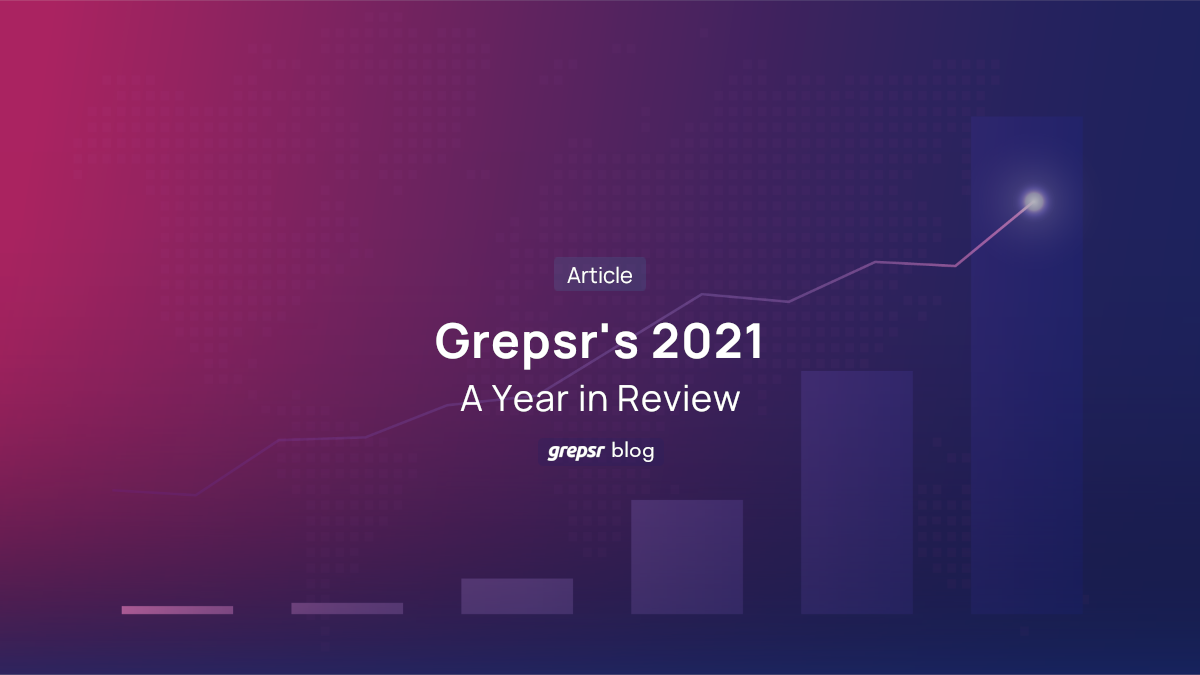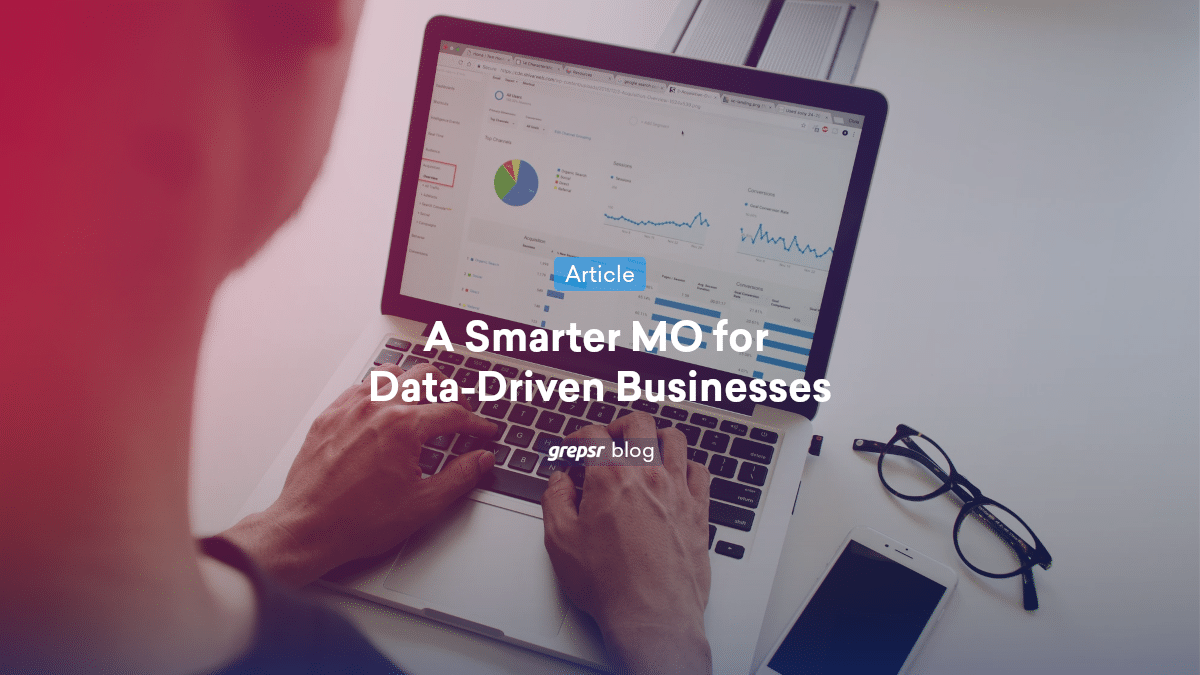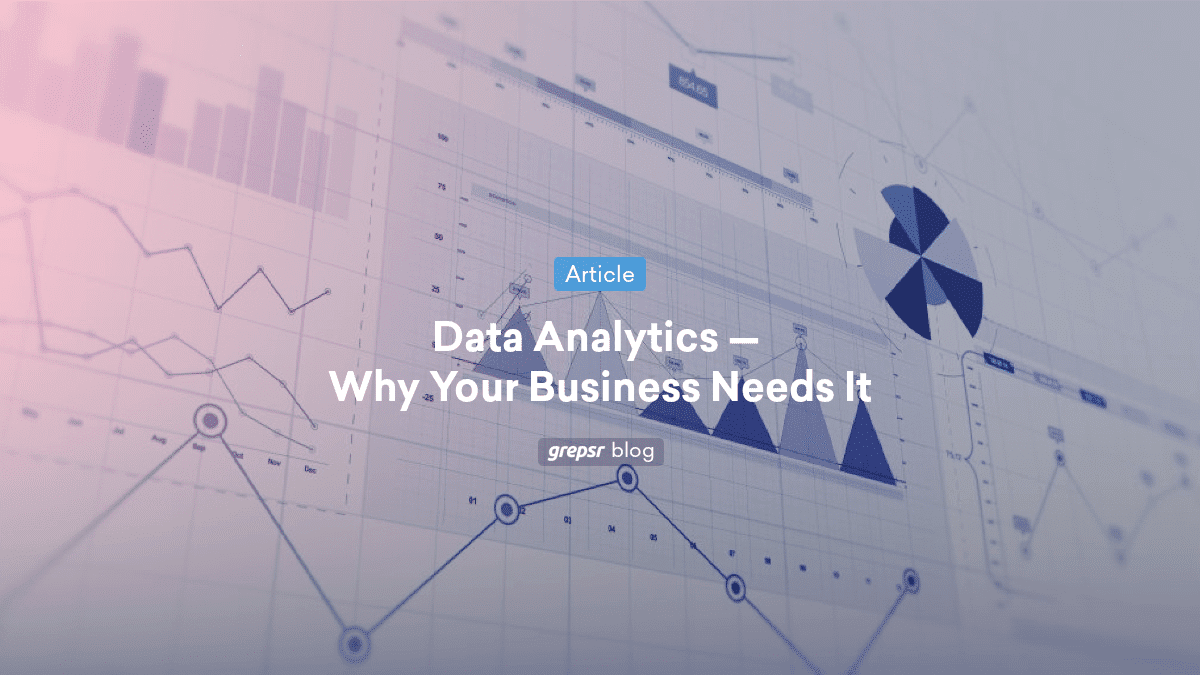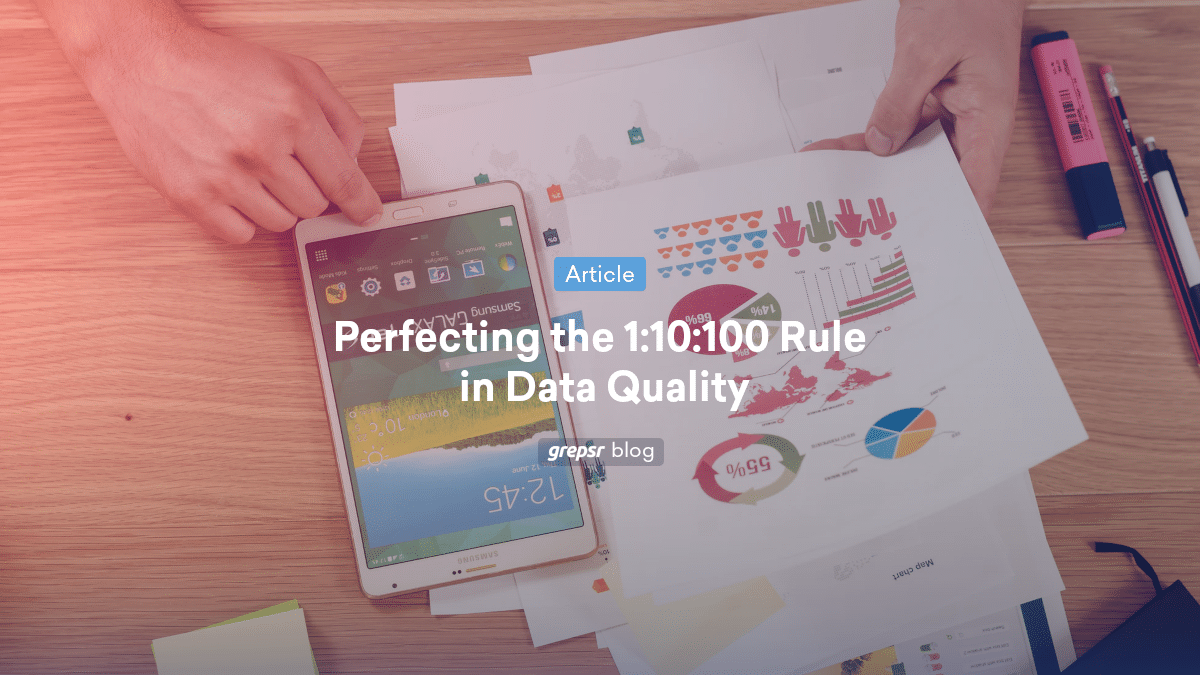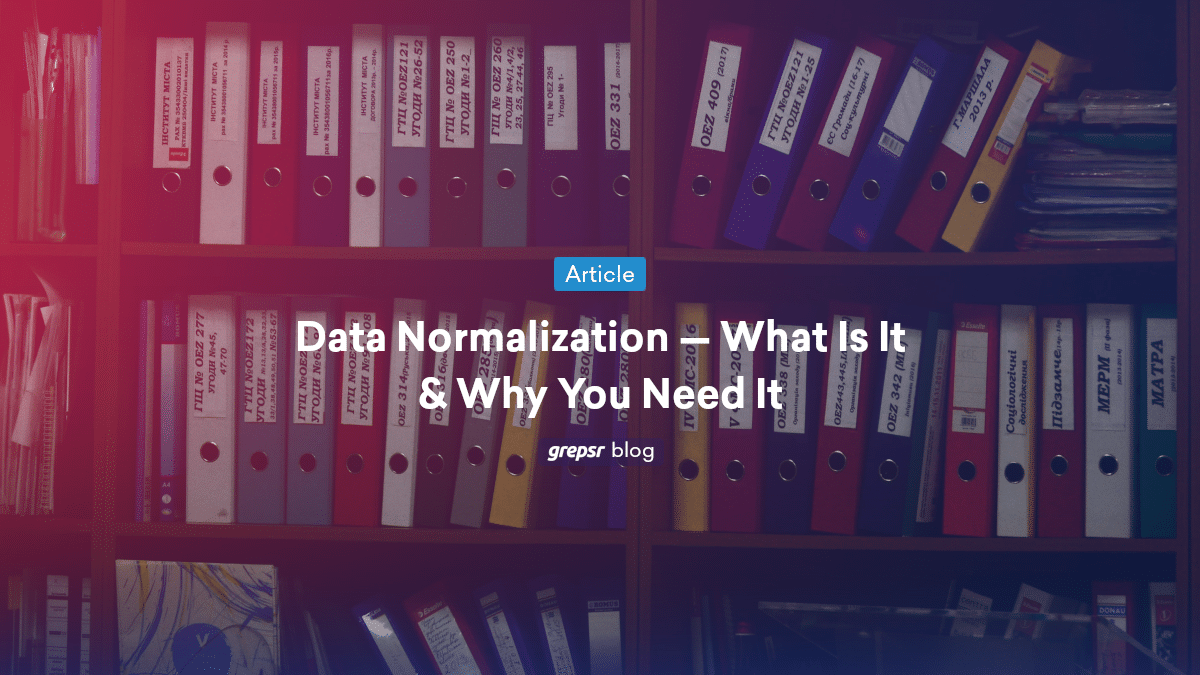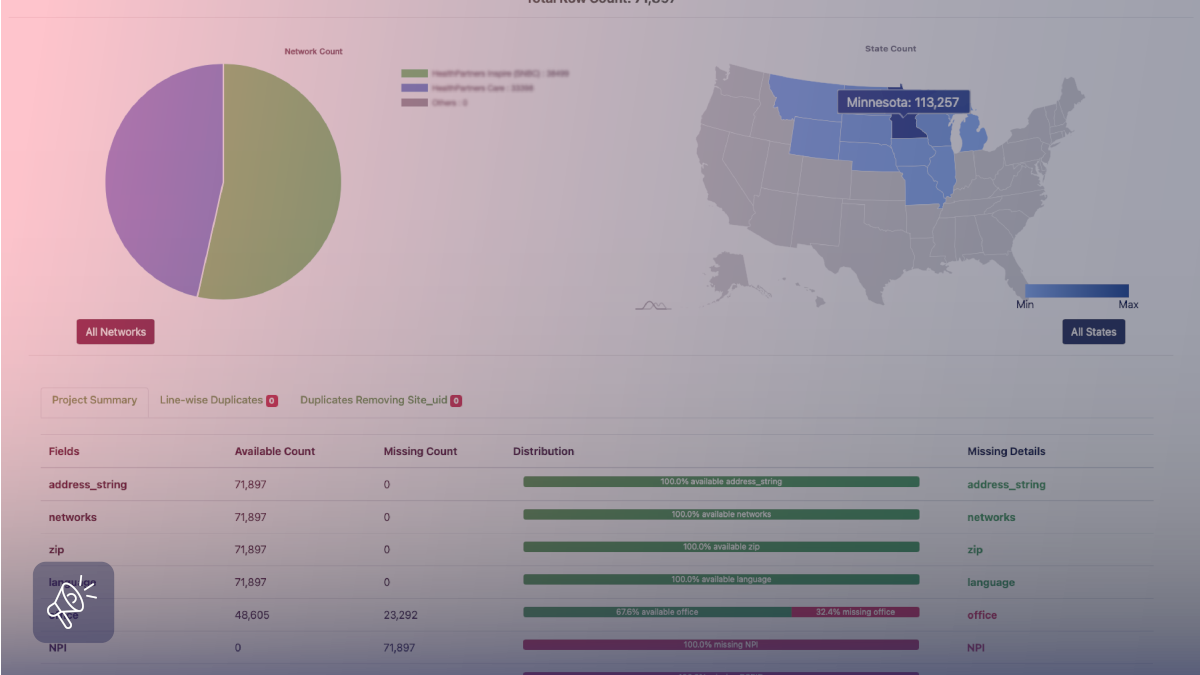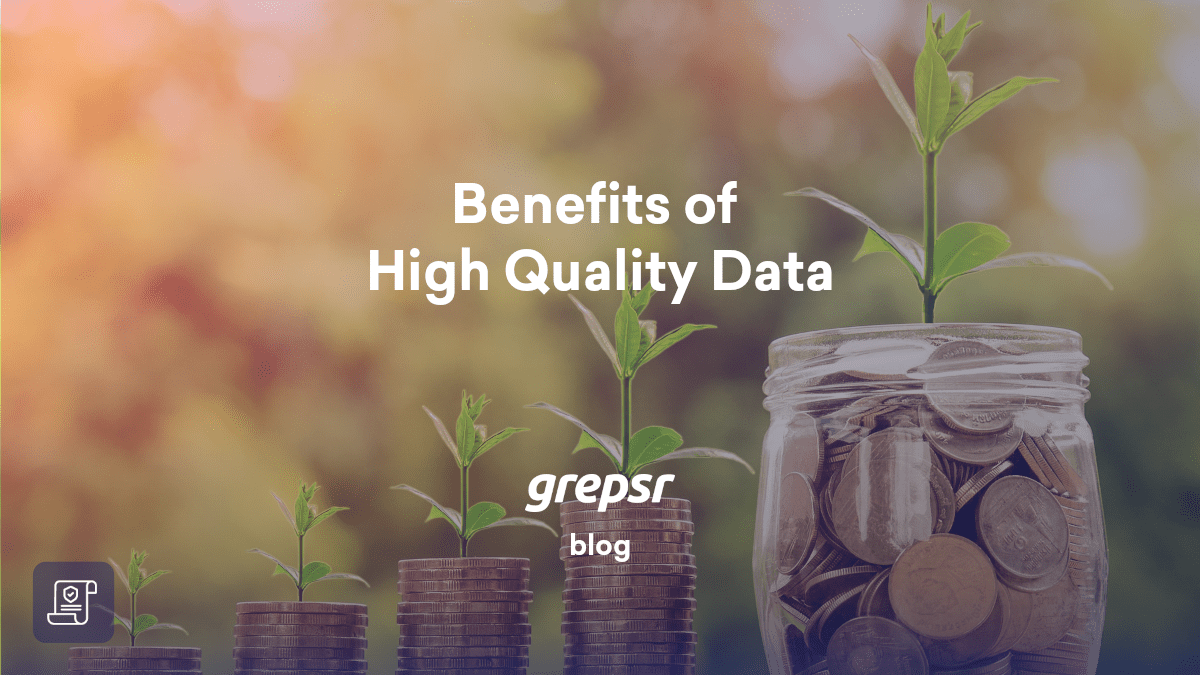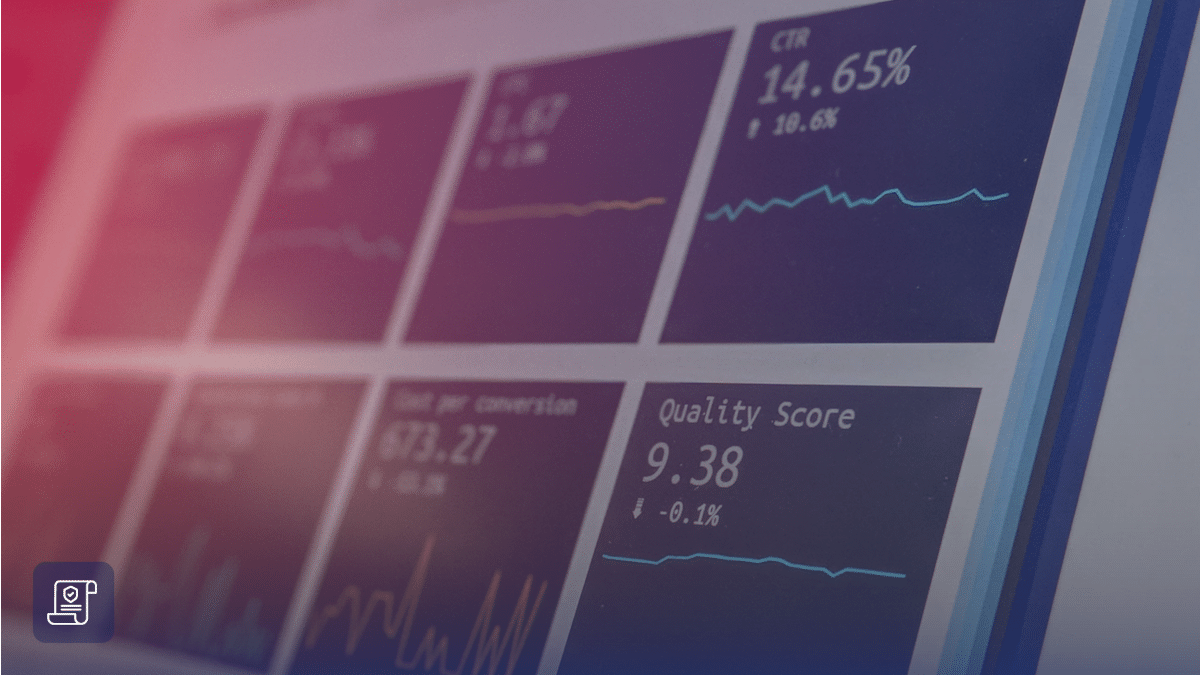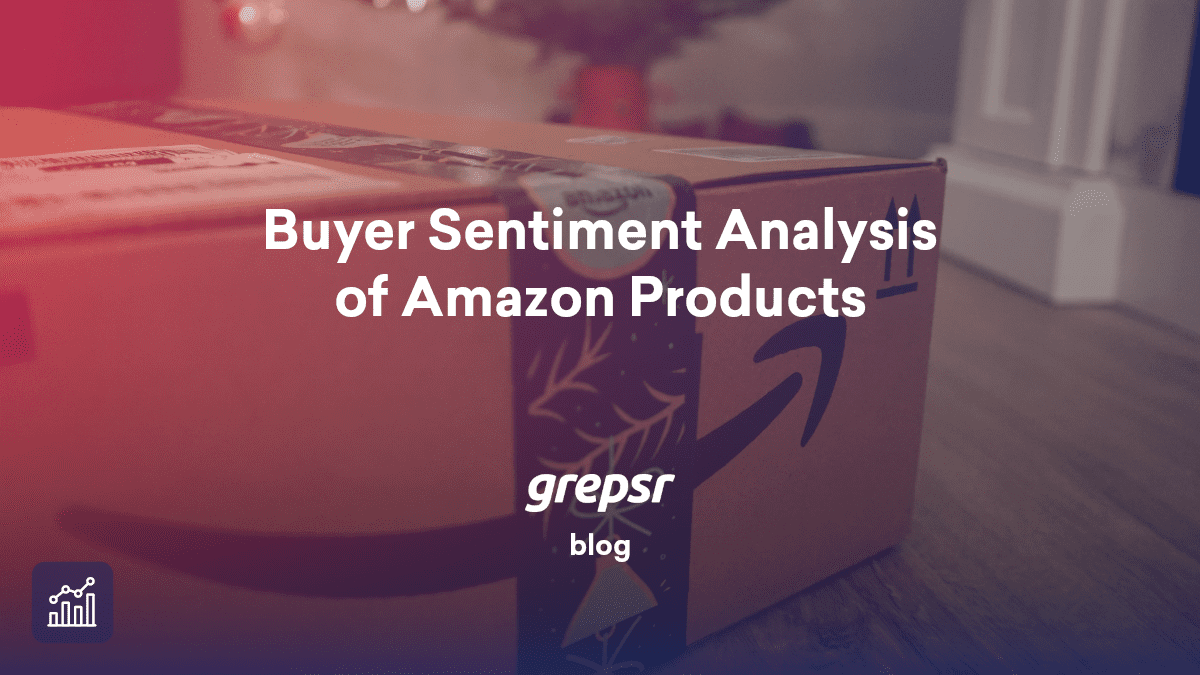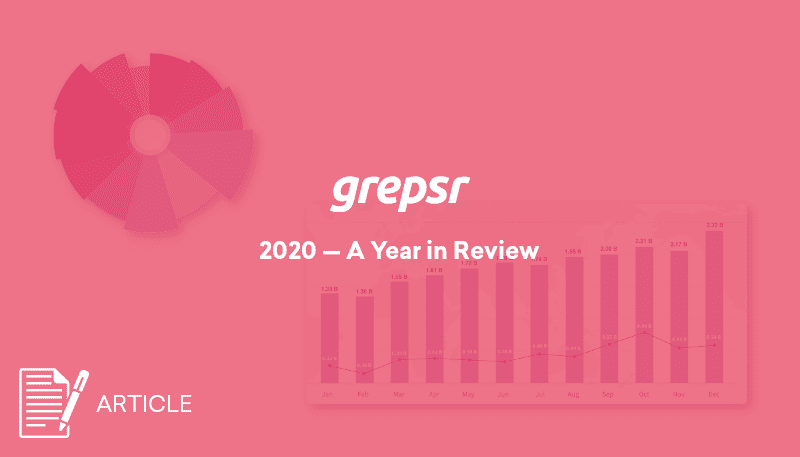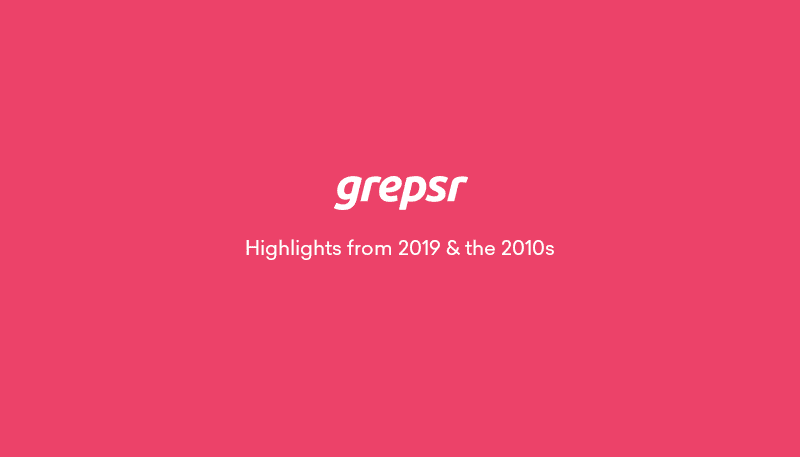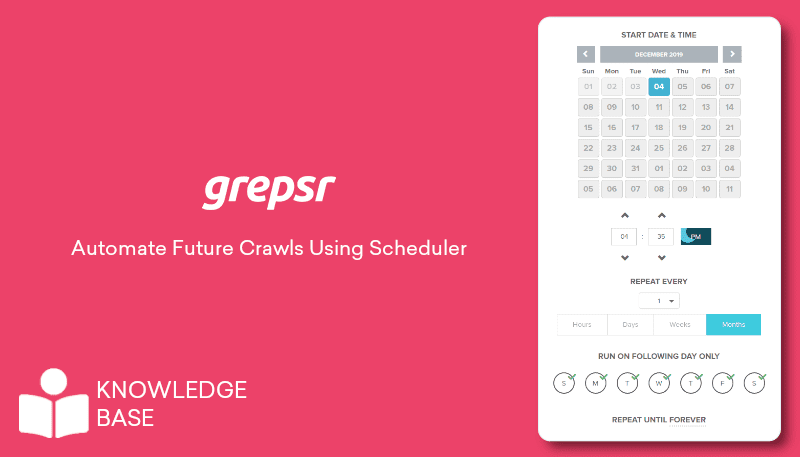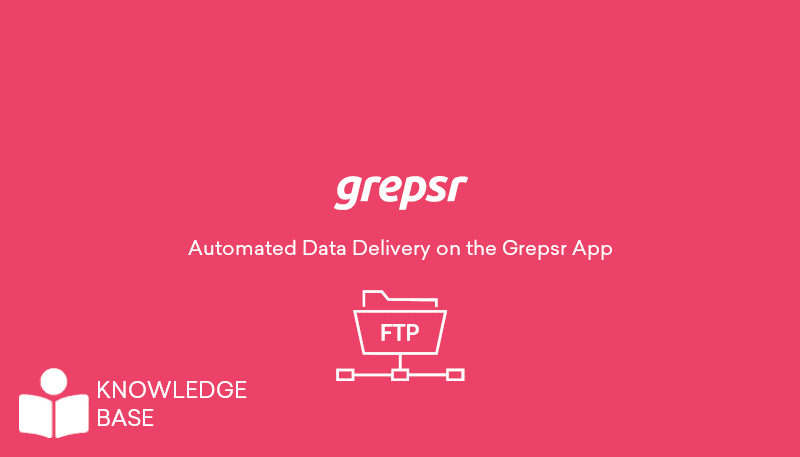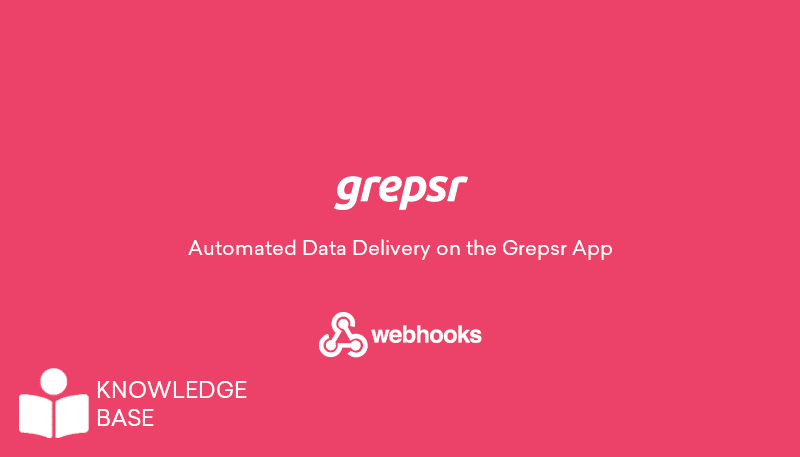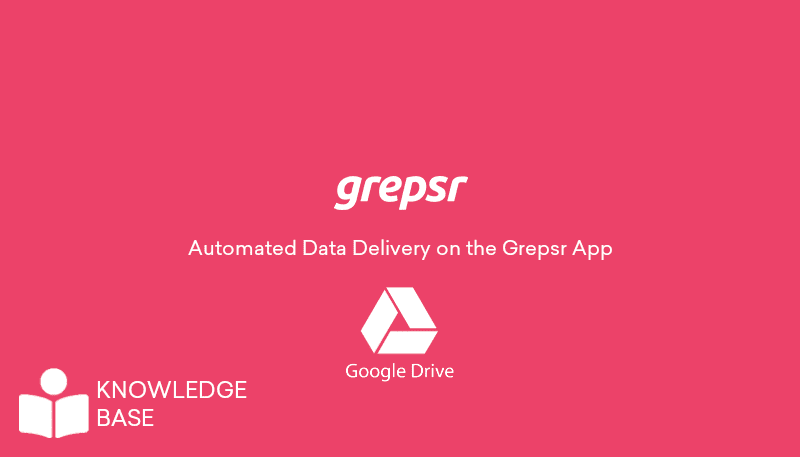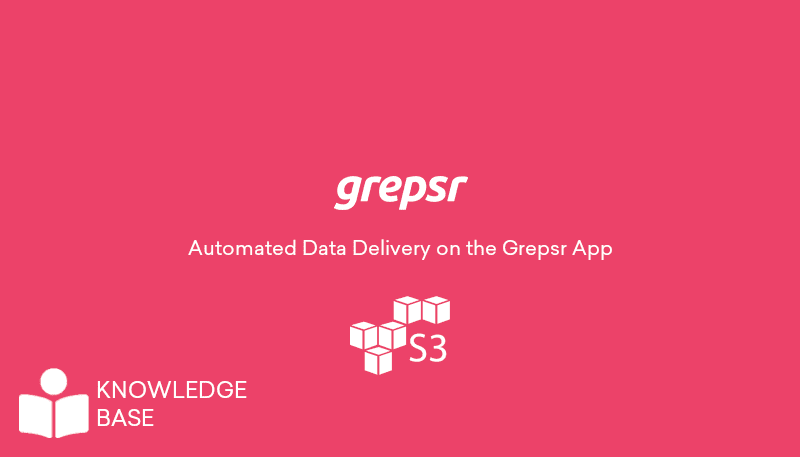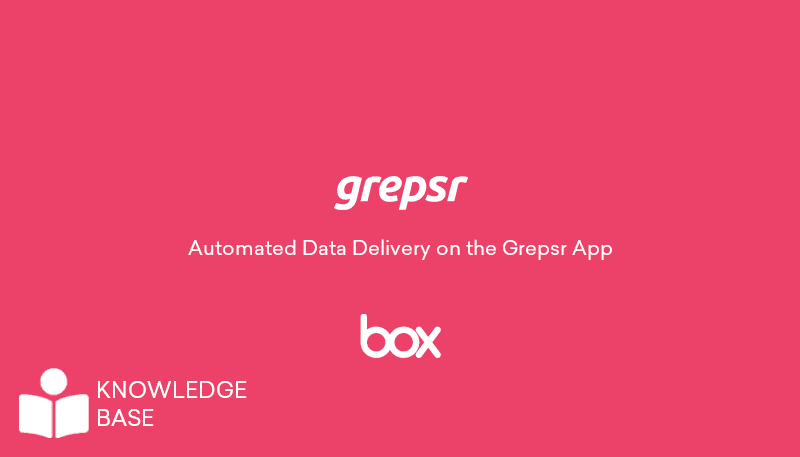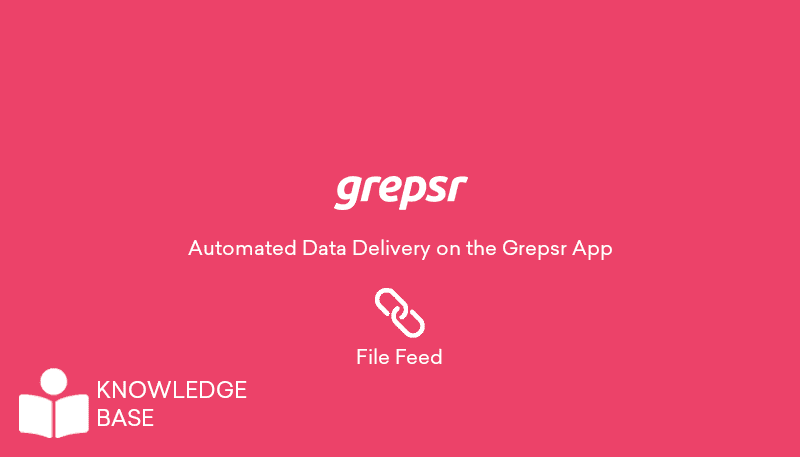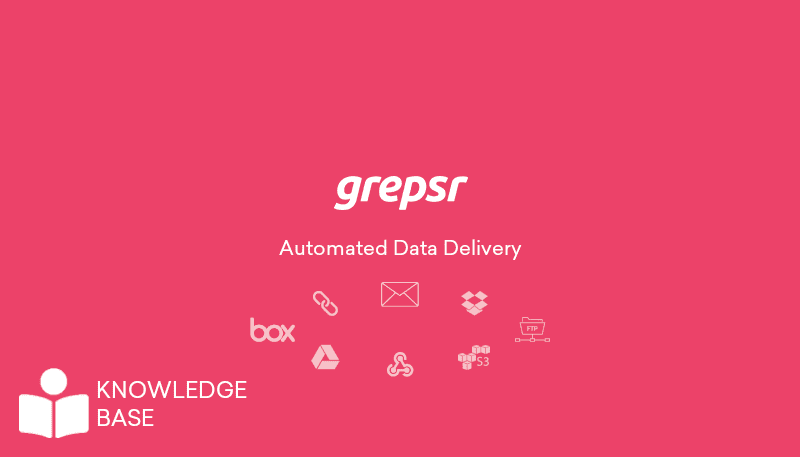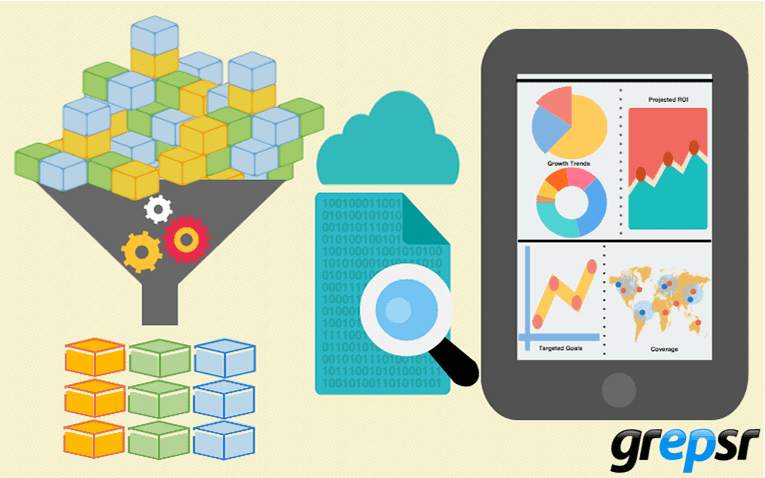Data Engineers, IT Managers, and DevOps teams work in a world where speed and reliability decide outcomes. Manual data movement slows teams down and increases the likelihood of errors.
Automated data pipelines eliminate manual steps and ensure data flows seamlessly from sources to your warehouse or data lake for web data, without interruption. Your teams get accuracy, consistency, and room to focus on innovation.
We will cover ETL automation, data workflow automation, and pipeline scheduling, then show where Grepsr fits when you want clean, dependable web data without building everything in-house.
Understanding the Power of ETL Automation
ETL means Extract, Transform, Load. It is a standard way to pull data from multiple sources, clean and shape it, and consolidate it in a single destination, such as a warehouse or data lake. That destination becomes the system of record for analysis.
Why automate ETL processes?
- Efficiency gains: Automation eliminates repetitive work and reduces human errors that occur during manual operations.
- Scalability: Automated jobs scale with growing datasets and new sources.
- Timely decisions: Automated, frequent runs enable near real-time or micro-batch processing, keeping dashboards up to date.
If you do not want to glue everything together yourself, Grepsr can provide clean web data as a managed Data-as-a-Service or via a Web Scraping API that integrates with your ETL.
Data Workflow Automation: A Seamless Process
Data workflow automation goes beyond a single ETL job. It integrates extraction, validation, transformation, delivery, and notifications into a single, reliable workflow.
Key benefits
- Improved consistency: The exact steps run the same way every time across teams and systems.
- Reduced costs: Less manual handling and fewer re-runs lower operational overhead.
- Higher data quality: Automated checks catch missing fields, type issues, and duplicates before data reaches reports.
Grepsr’s Web Scraping Solution and Web Scraping pages outline responsible crawling, flexible delivery formats, and SLAs that help keep downstream workflows stable.
Pipeline Scheduling: Keeping Your Data On Time
Scheduling determines when jobs run and how dependencies are aligned. In modern stacks, Apache Airflow is a common choice because it supports cron presets, custom timetables, and a scheduler that triggers tasks when upstream dependencies finish.
Best practices for pipeline scheduling
- Understand load patterns: Run heavy jobs outside peak hours and align refresh times with business use, such as “ready by 8:00 AM IST” for daily pricing.
- Monitor performance: Track run duration, success rate, and data freshness; adjust schedules when volume spikes.
- Automate adjustments: Use timetable features or metadata-driven triggers for end-of-day, end-of-month, or event-based runs.
Grepsr’s platform and FAQ note that customers can schedule extractions and set up flexible delivery, which fits neatly into your orchestrated Airflow or similar setup.
Where “data lake for web data” fits
Many teams now load web data into a lake first, then serve curated tables to BI and applications. A lakehouse table format, such as Delta Lake, provides ACID transactions and unifies batch and streaming processing, so readers see consistent tables even while writes are occurring. This helps when you run frequent updates from web sources and need reliability at scale.
Grepsr’s Offerings: Built for Scale and Reliability
Grepsr focuses on turning messy web pages into clean, analysis-ready data with delivery to your lake or warehouse:
- Data-as-a-Service: fully managed capture, cleaning, and delivery, with a real-time view of crawler health and quality.
- Web Scraping Solution: custom and ready-to-use scrapers, plus a data management platform.
- Web Scraping API: API access when you want to automate requests from your own jobs.
- Customer Stories: examples across e-commerce, apps, and social data.
For proof of scale, Grepsr shared how it orchestrates micro-services on Temporal to process hundreds of millions of records per day with high delivery reliability. That level of throughput is what many enterprise data teams expect from modern web data programs.
Real-World Example
A retail analytics team wants daily pricing and availability across multiple marketplaces. They set a simple goal: a single, trusted table ready before stand-up. With Grepsr pulling site data on a schedule and the team’s ETL applying business rules, the pipeline now delivers a fresh table every morning.
Pricing, supply chain, and marketing use the same dataset, which shortens decision time and reduces rework. You can see similar wins across Grepsr’s customer stories.
Wrapping Up: The Future is Automated
Automated data pipelines keep your company’s data flowing smoothly without manual intervention. With ETL automation, data workflow automation, and intelligent pipeline scheduling, your teams reduce errors, gain speed, and support more use cases.
Grepsr fits into this picture by delivering clean, compliant web data that lands directly in your systems, so your engineers can focus on models, metrics, and business impact.
Next step: Talk to a data expert or explore options that fit your stack. Contact us to scope a pilot and integrate quickly with your current tools.
FAQs – Automated Data Pipelines
1. What is an automated data pipeline?
It is a set of automated steps that extract data from sources, transform it into a standard format, and load it into a target such as a warehouse or data lake with minimal manual work.
2. How does ETL automation help data engineers?
It removes repetitive tasks, reduces errors, and improves delivery speed so engineers can focus on design, monitoring, and performance tuning.
3. Can automated data pipelines handle large datasets?
Yes. Modern pipelines scale across sources and volumes, especially when paired with reliable lakehouse tables that provide ACID transactions.
4. How does pipeline scheduling work?
Schedulers like Apache Airflow trigger tasks based on time or events and ensure that dependencies are completed before downstream jobs run.
5. Where does Grepsr fit?
Grepsr supplies clean web data through DaaS, a Web Scraping Solution, or a Web Scraping API, and supports scheduled delivery into your pipelines.






